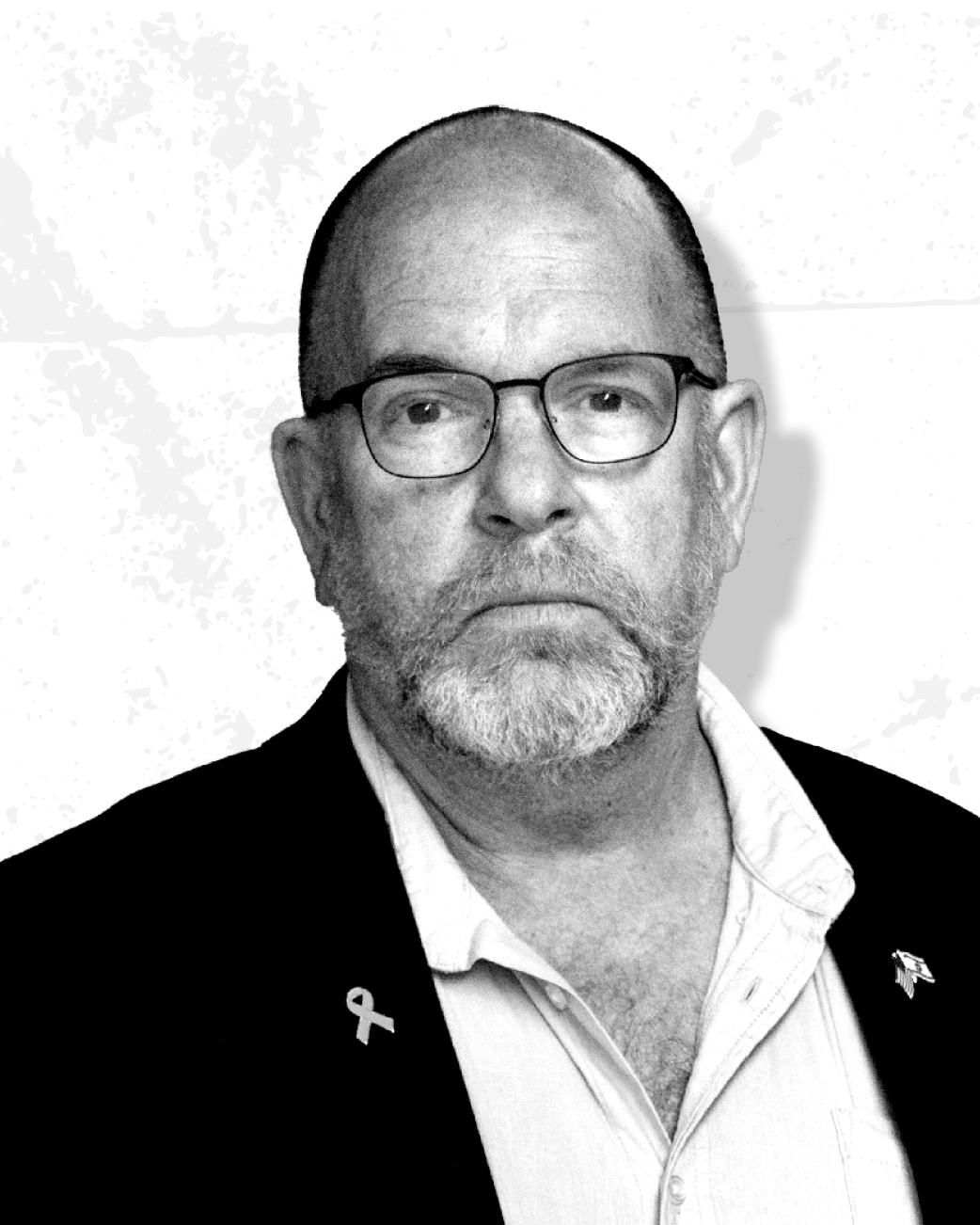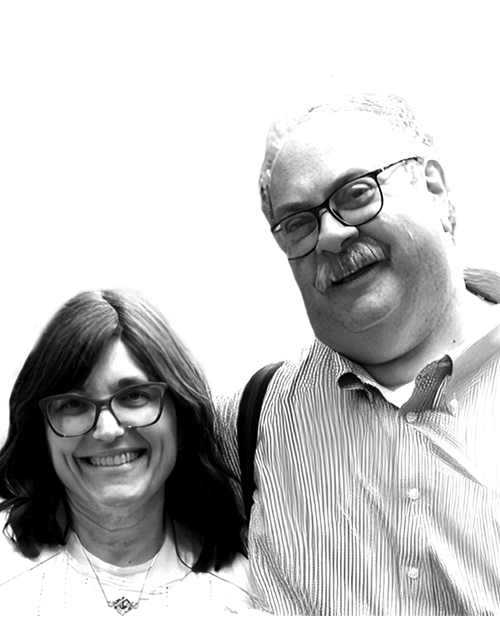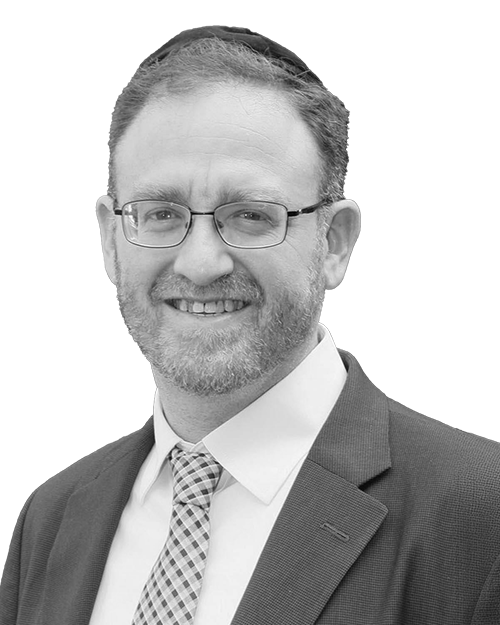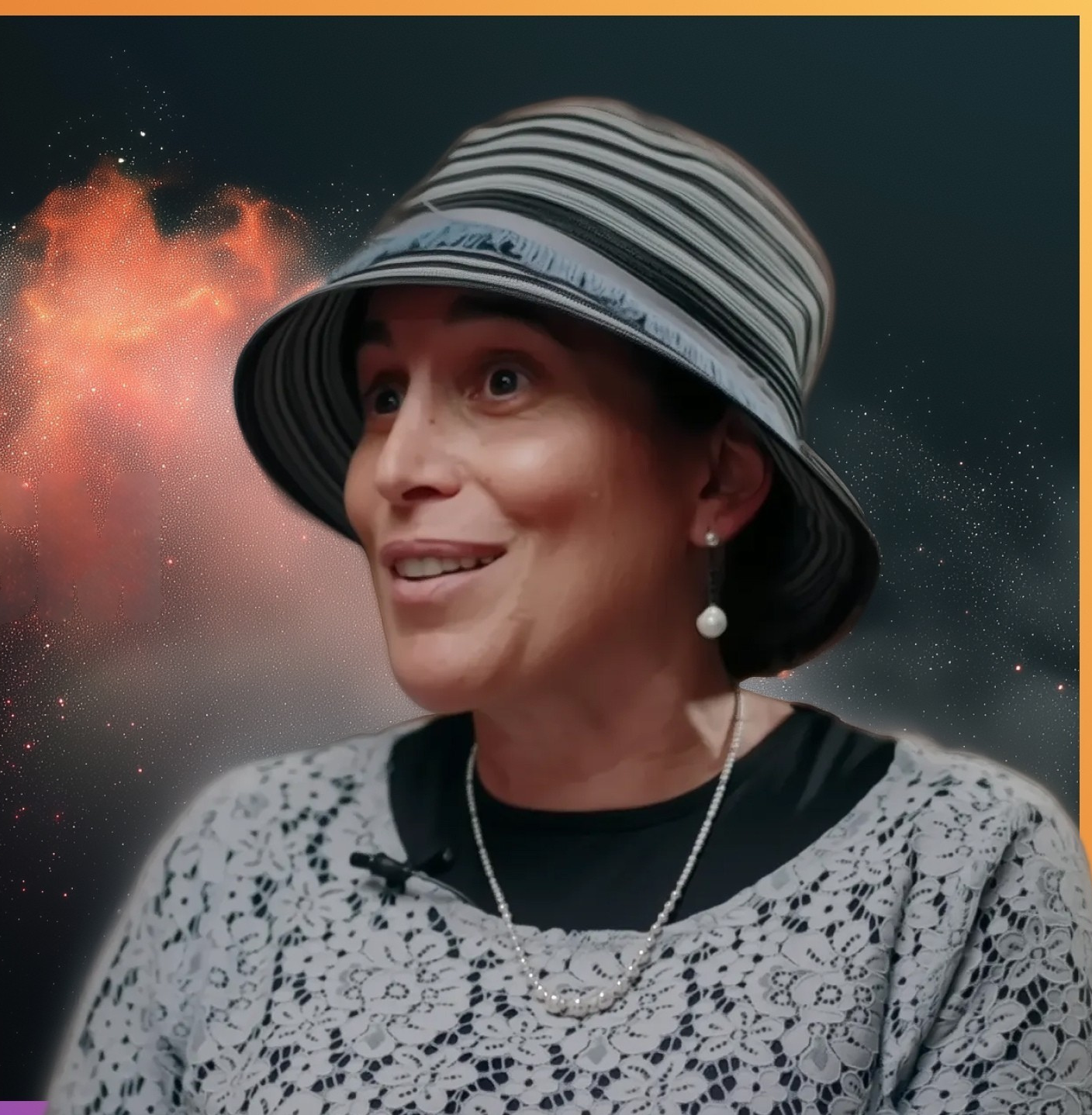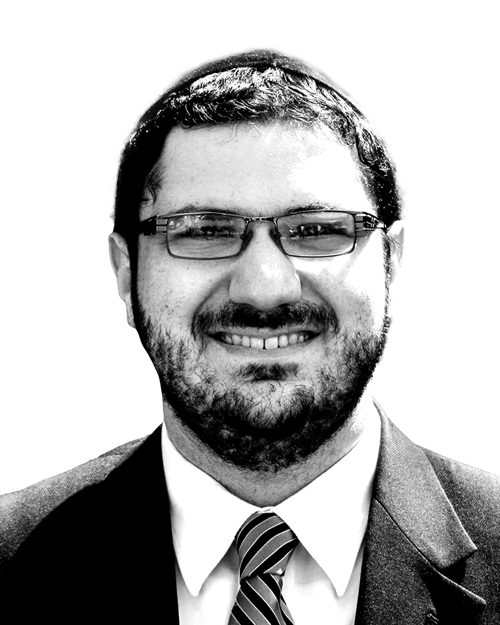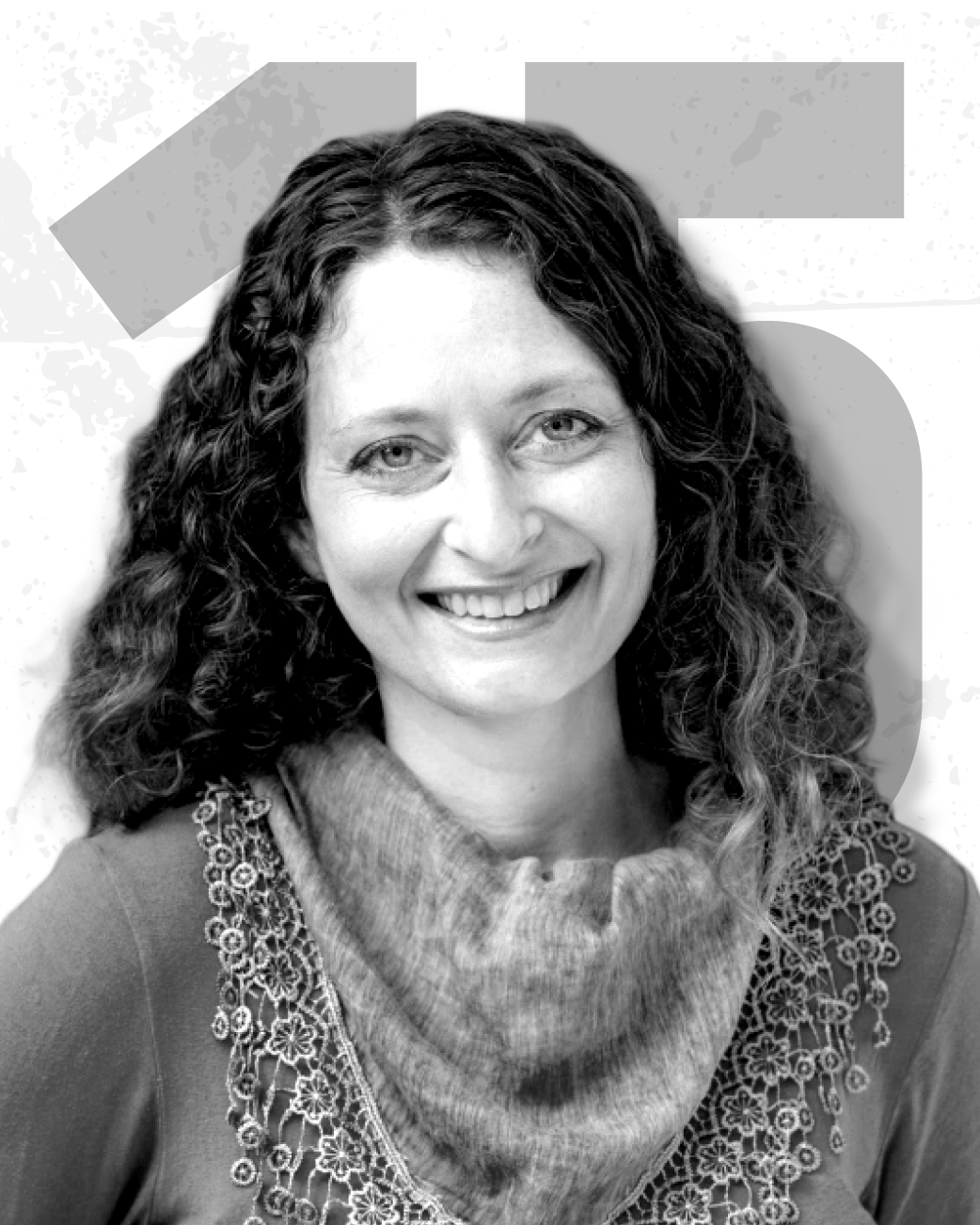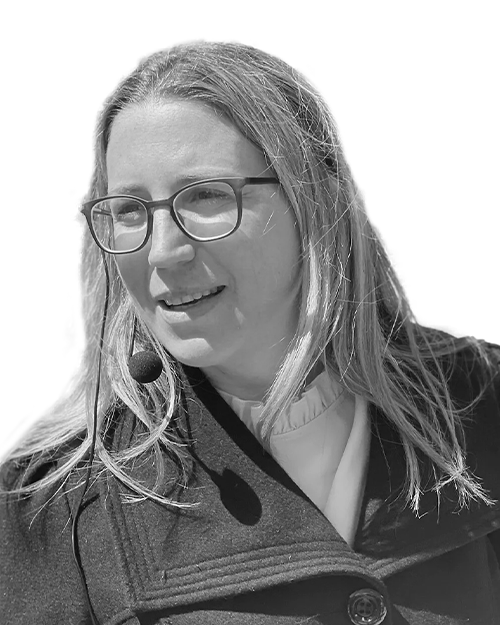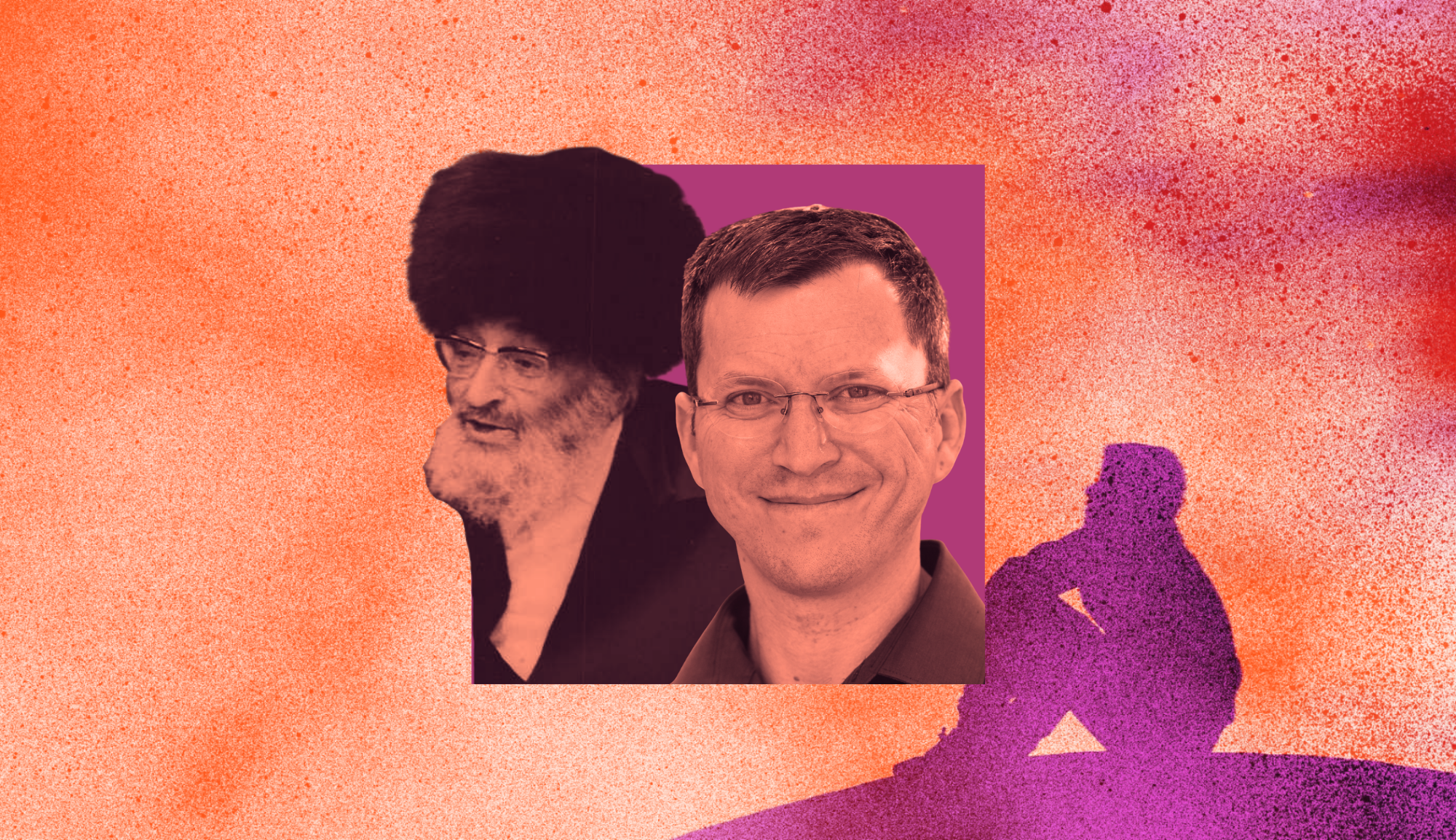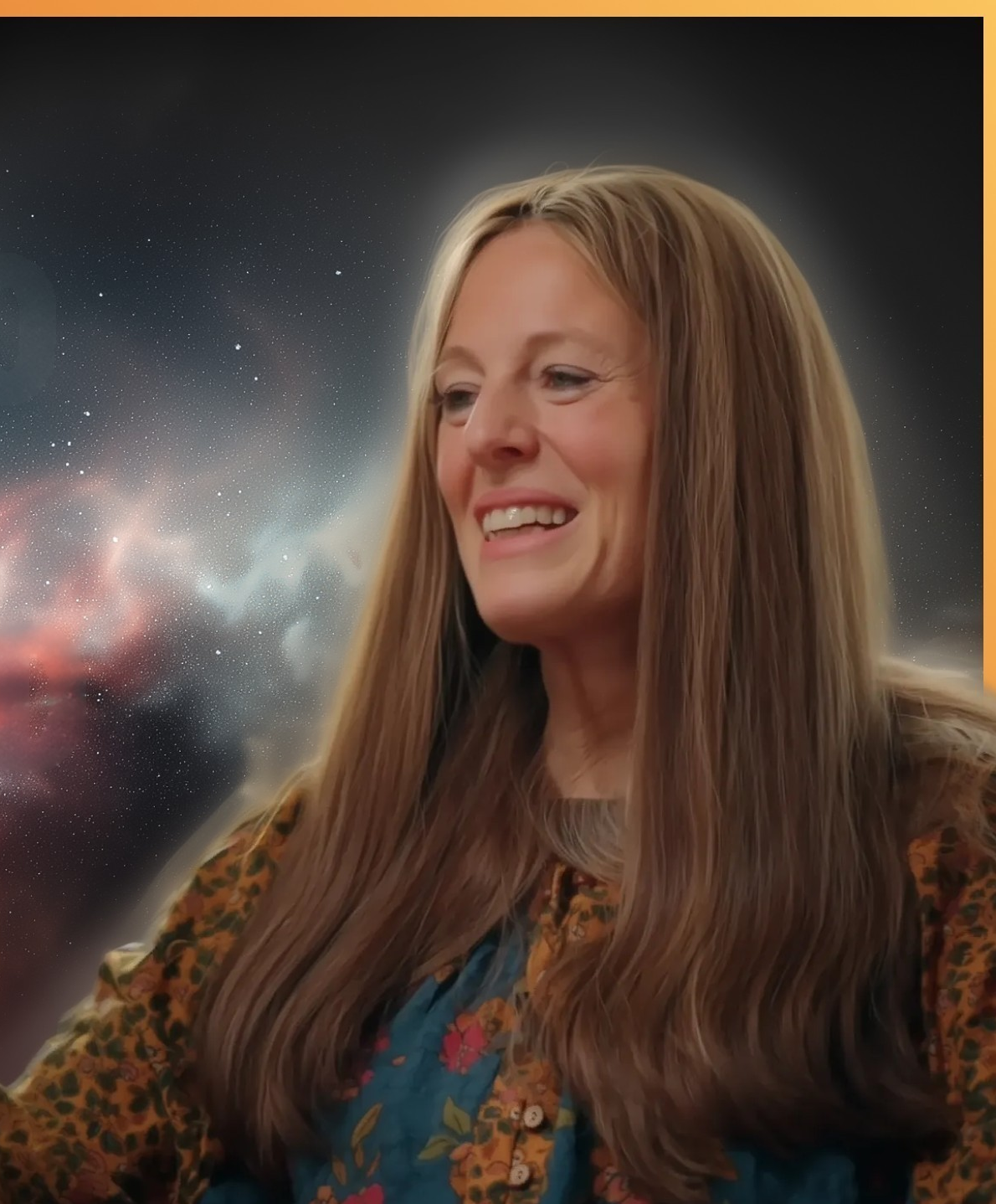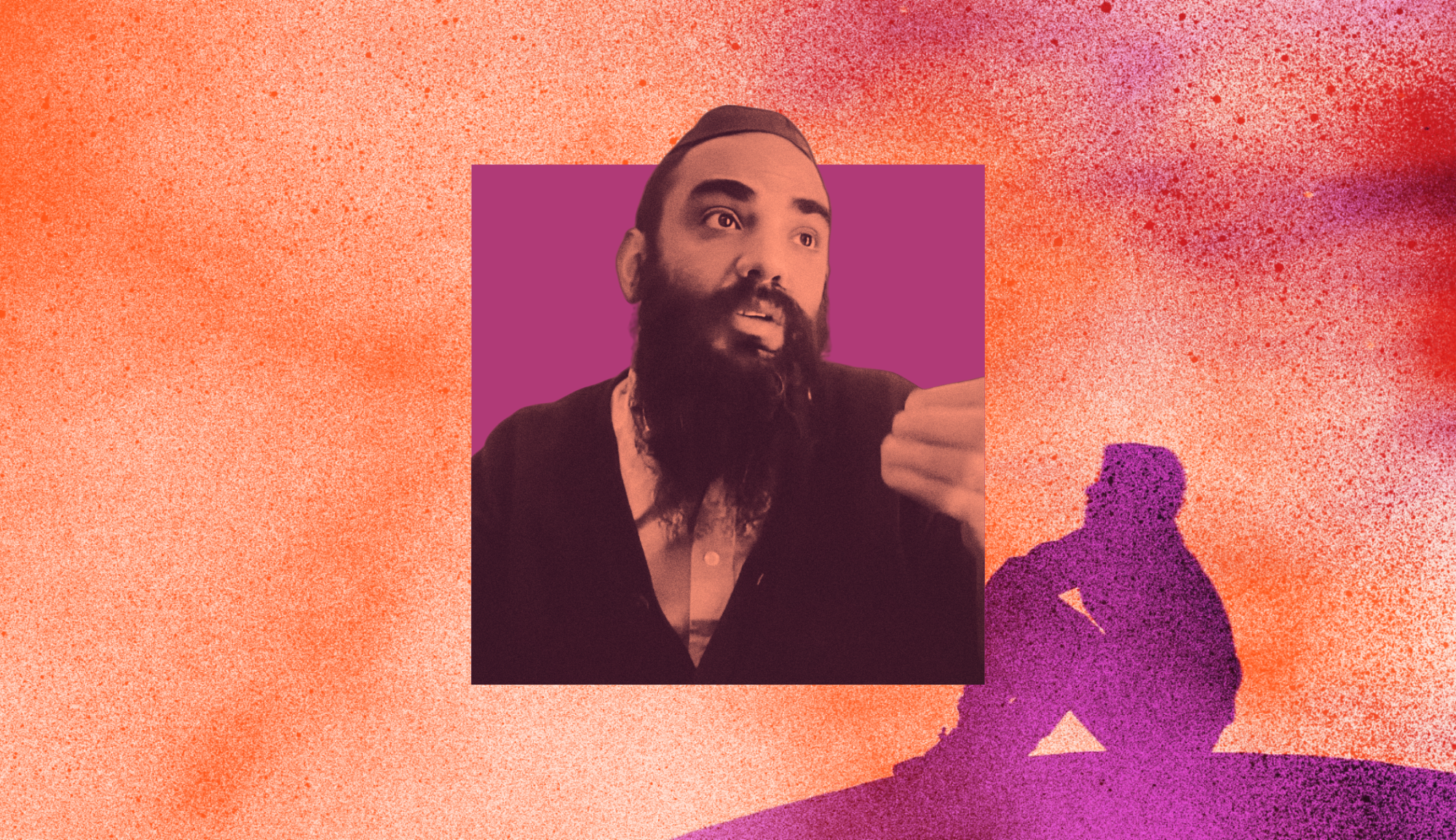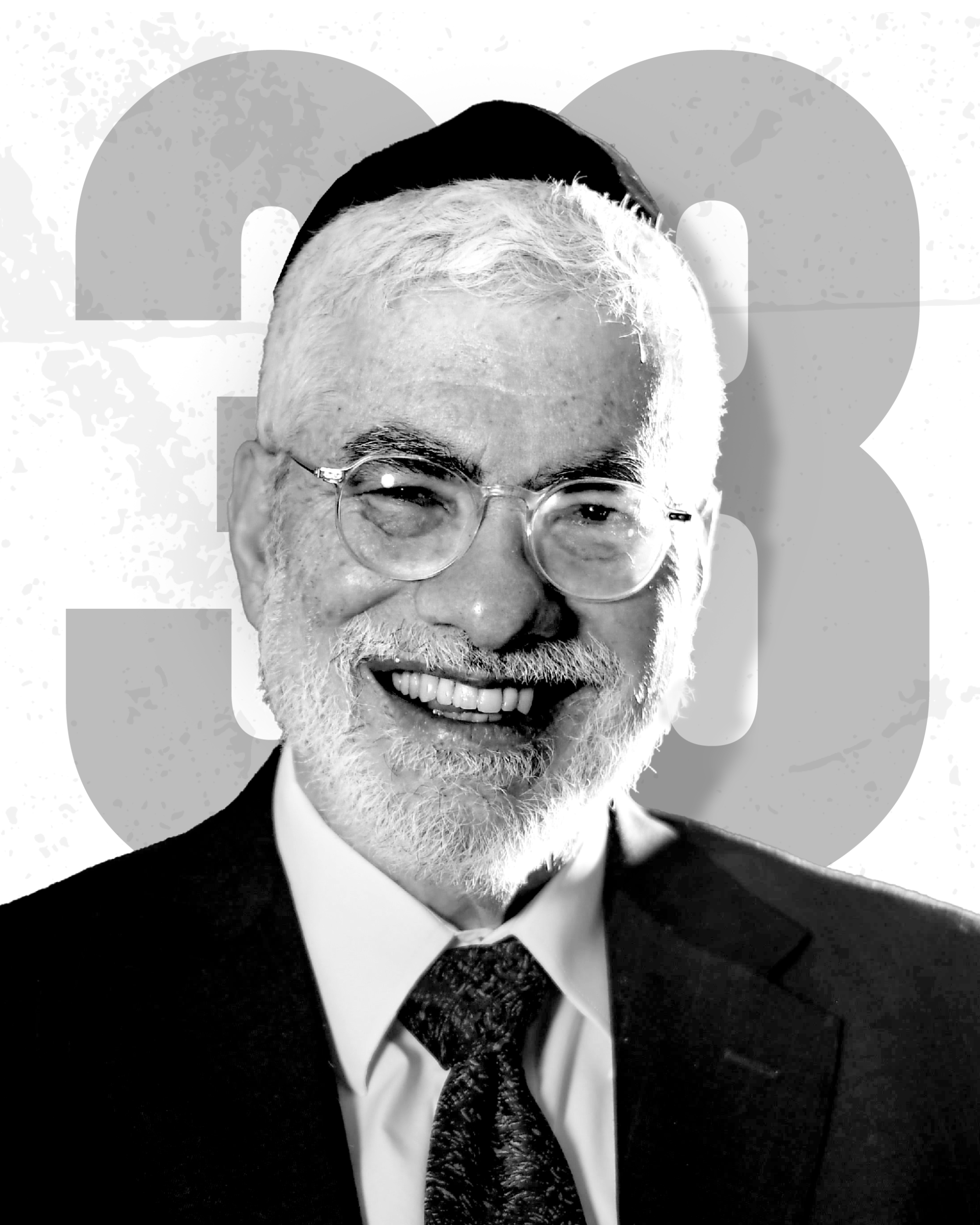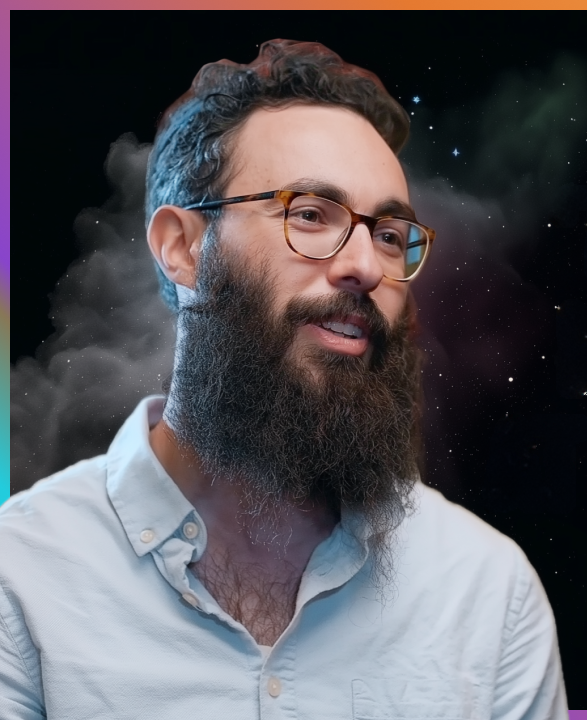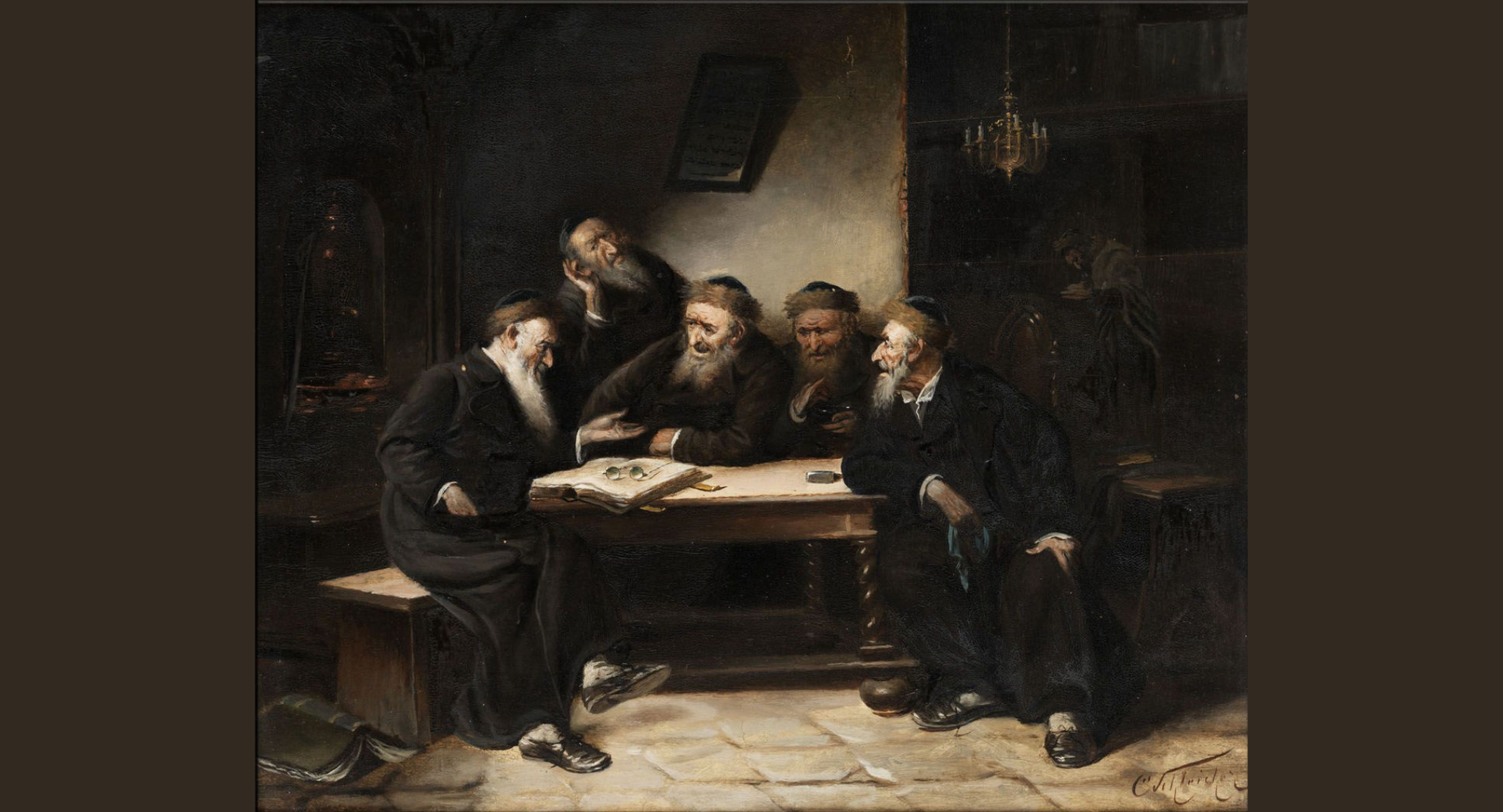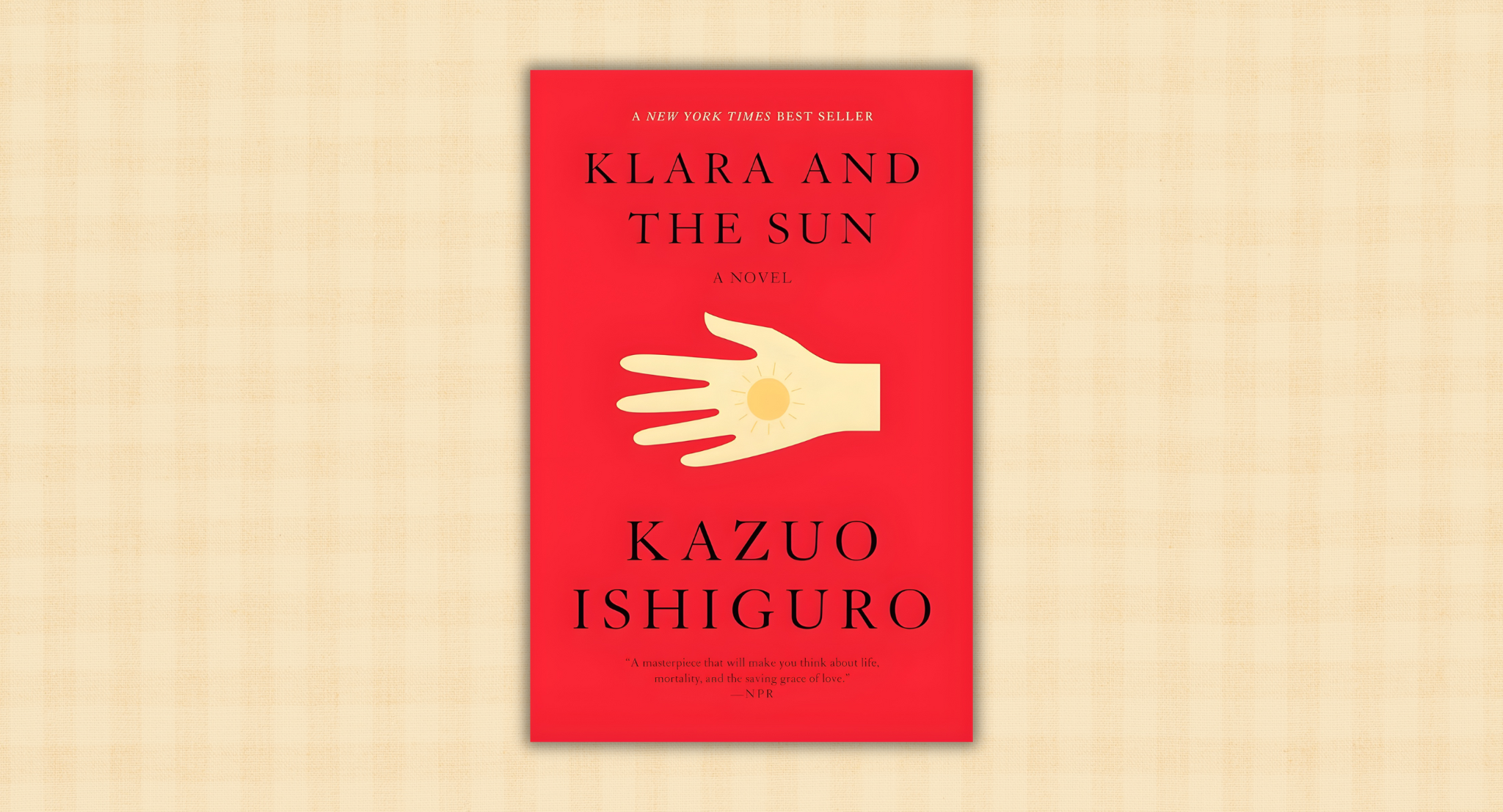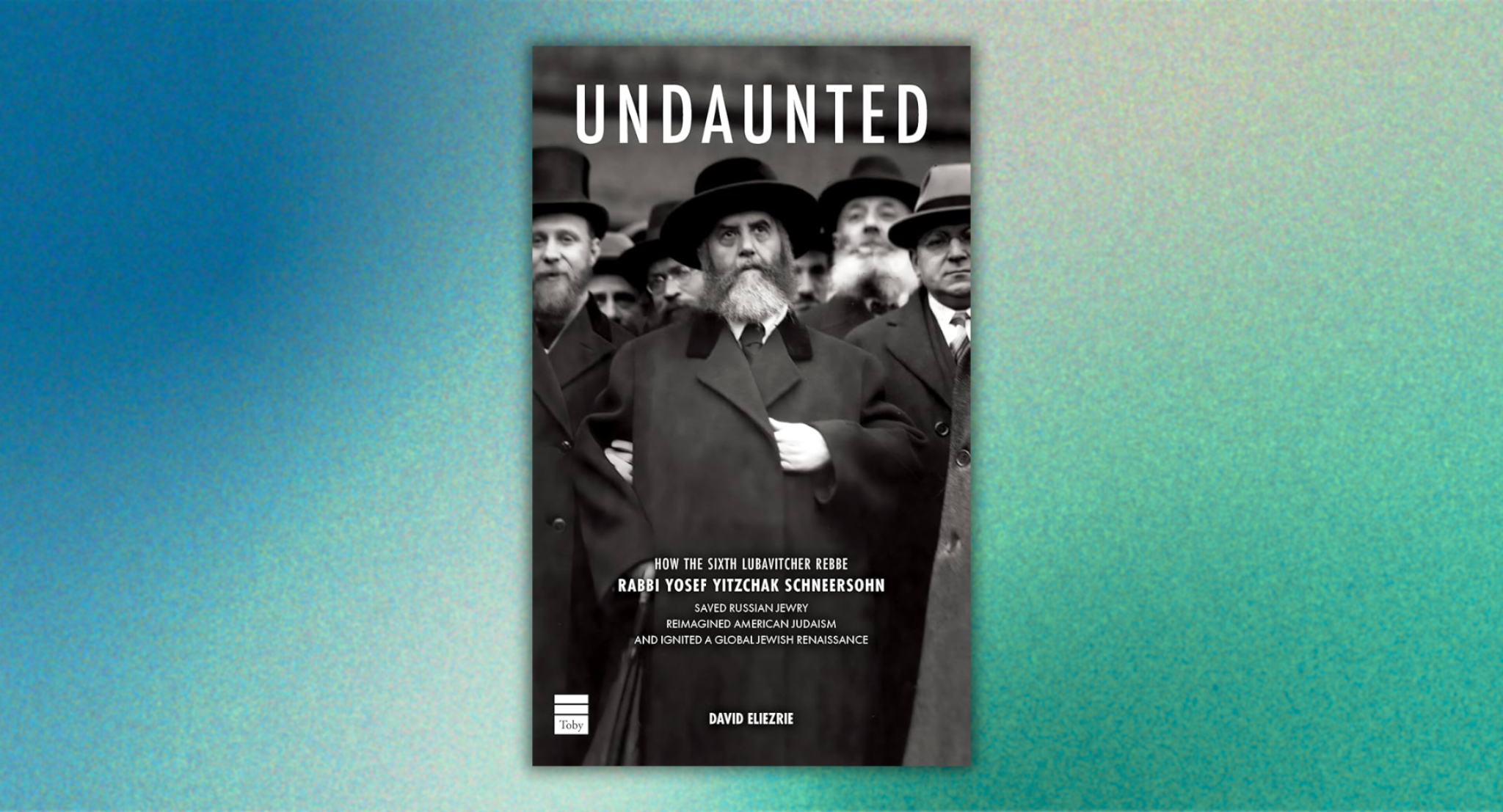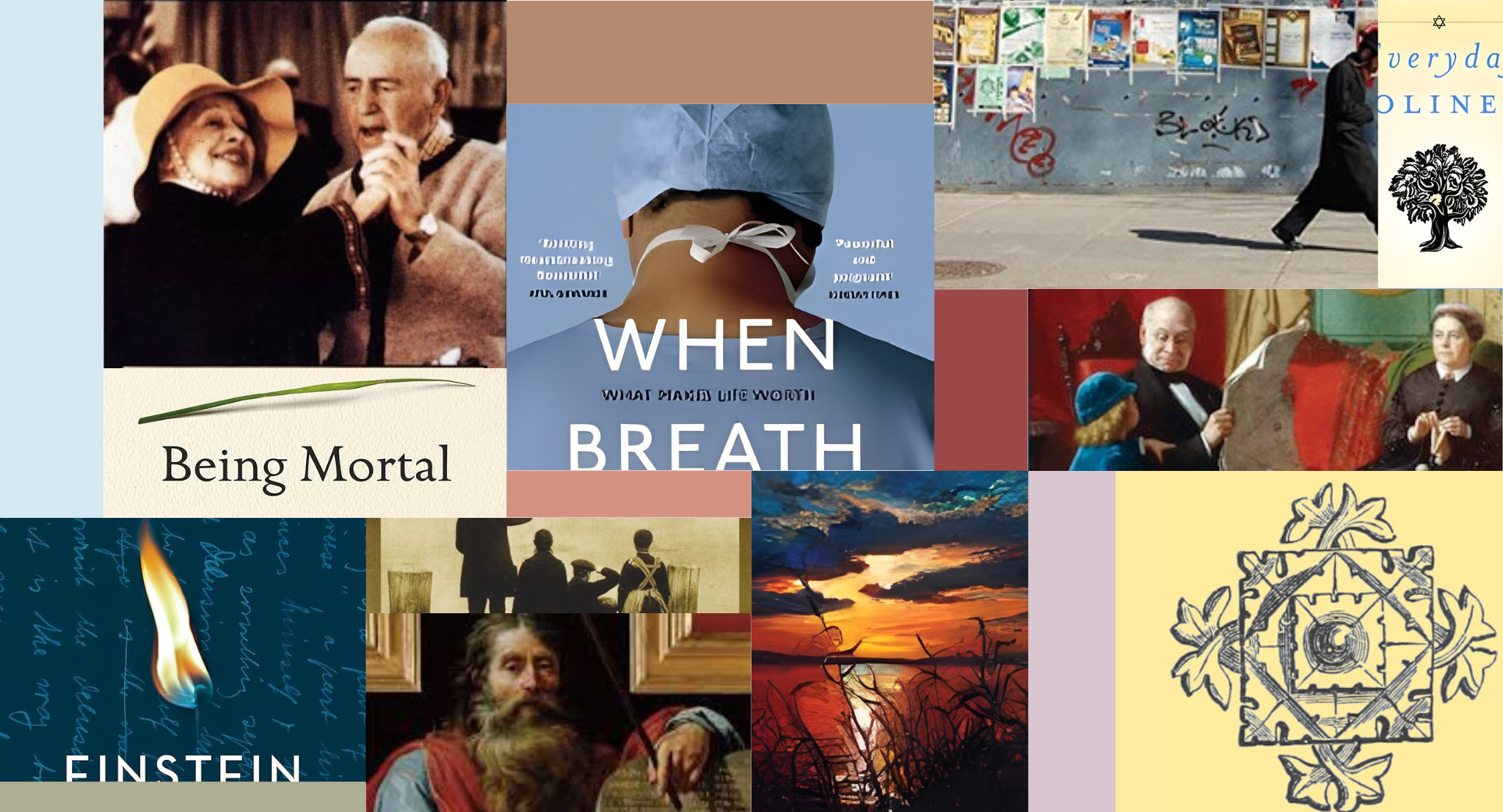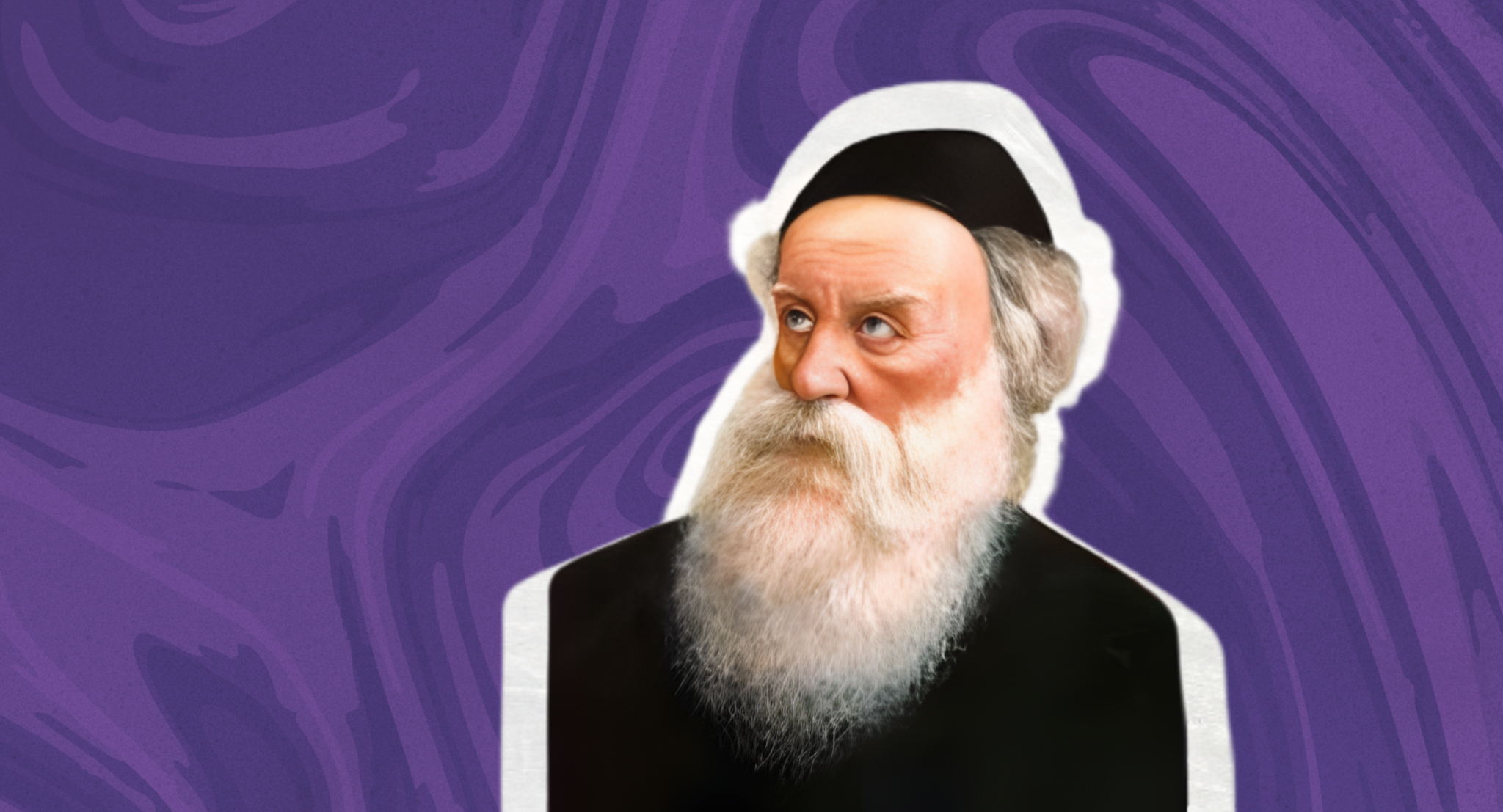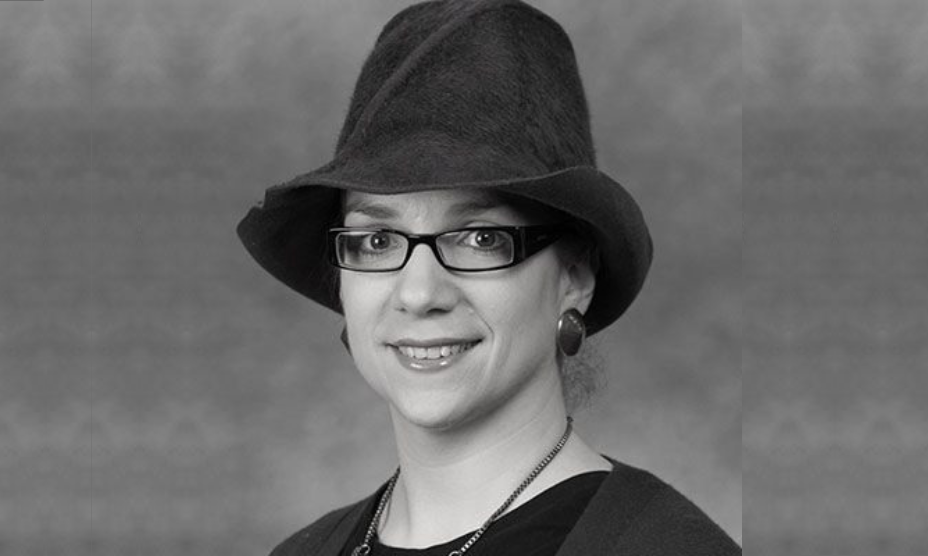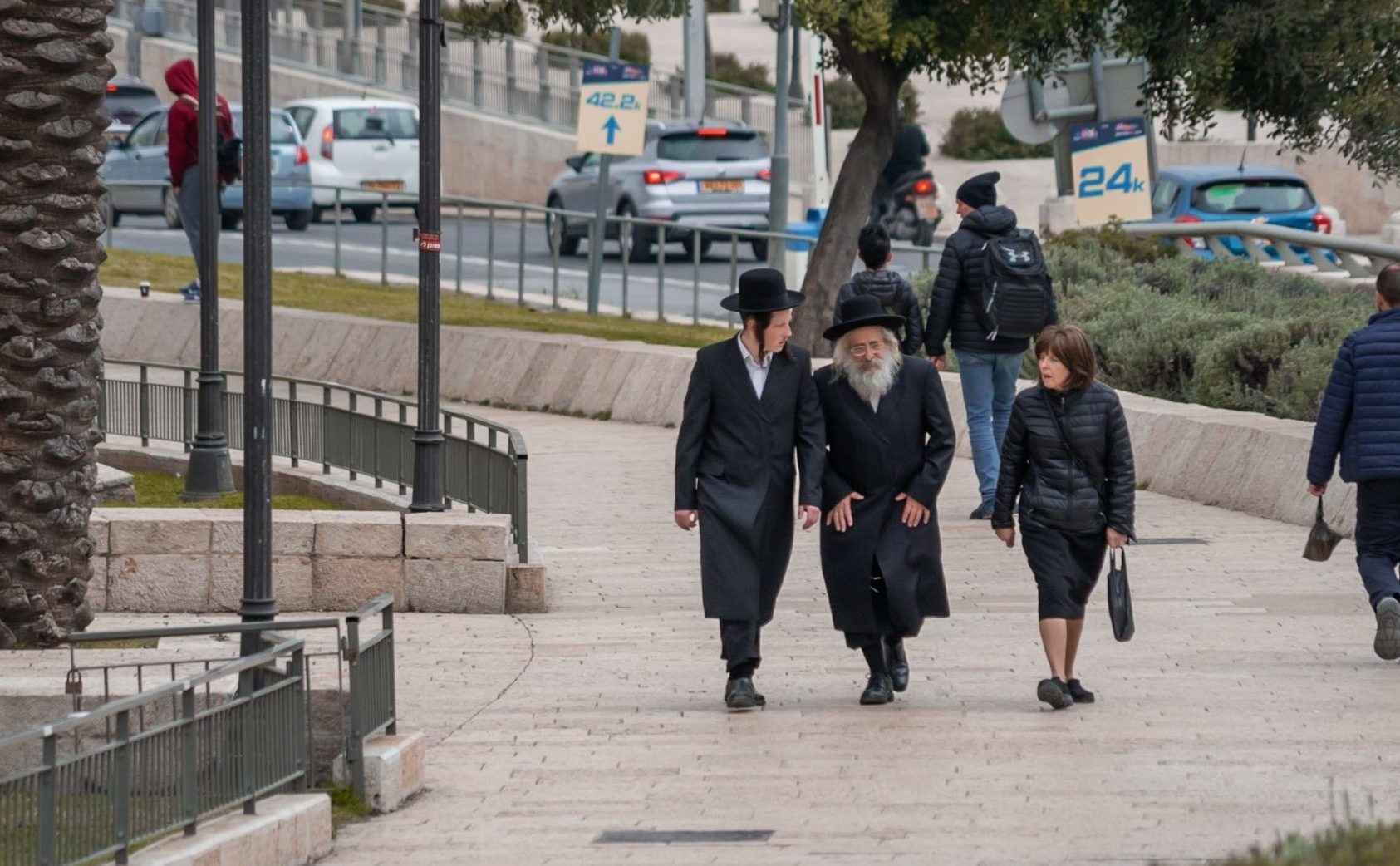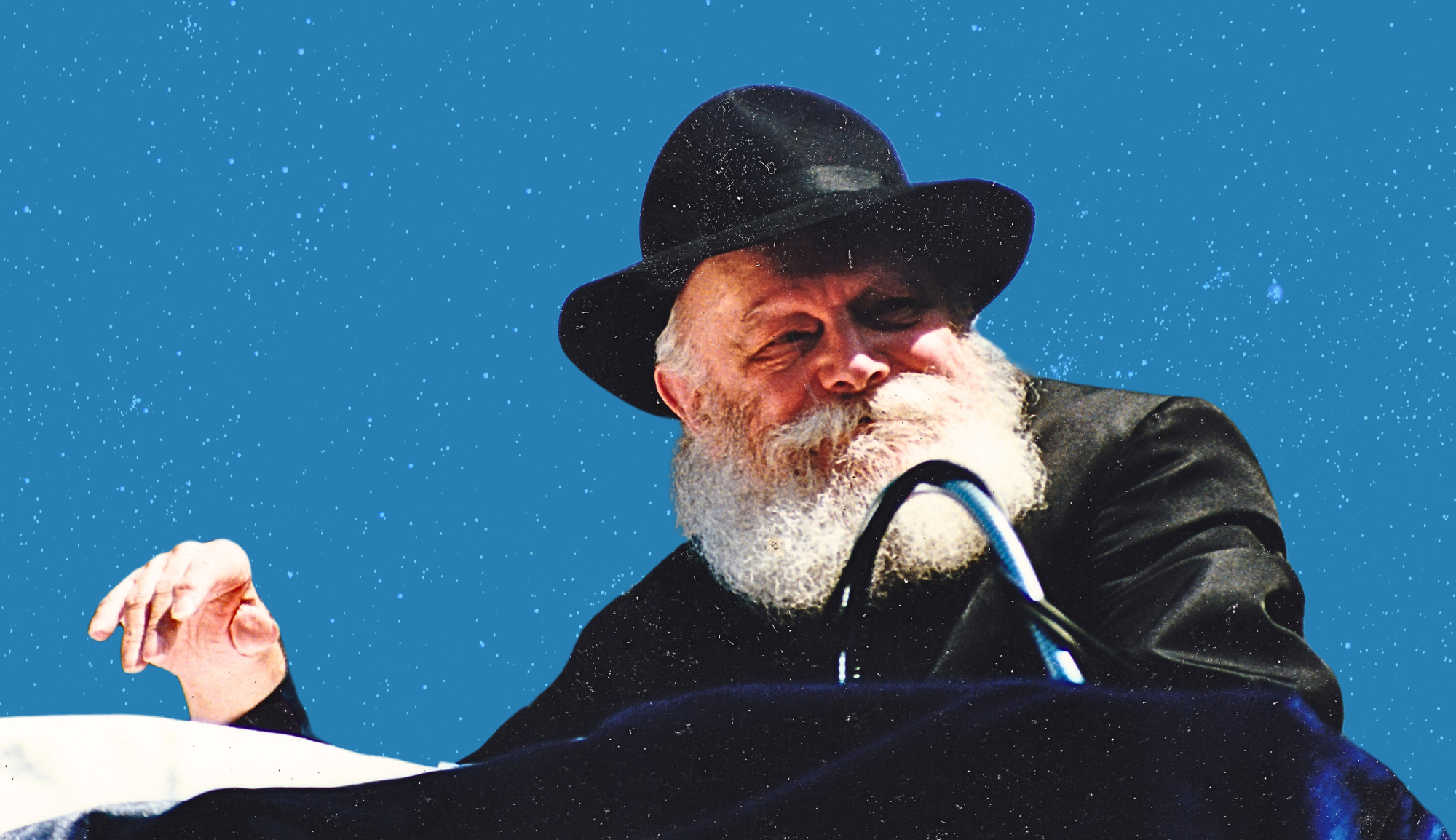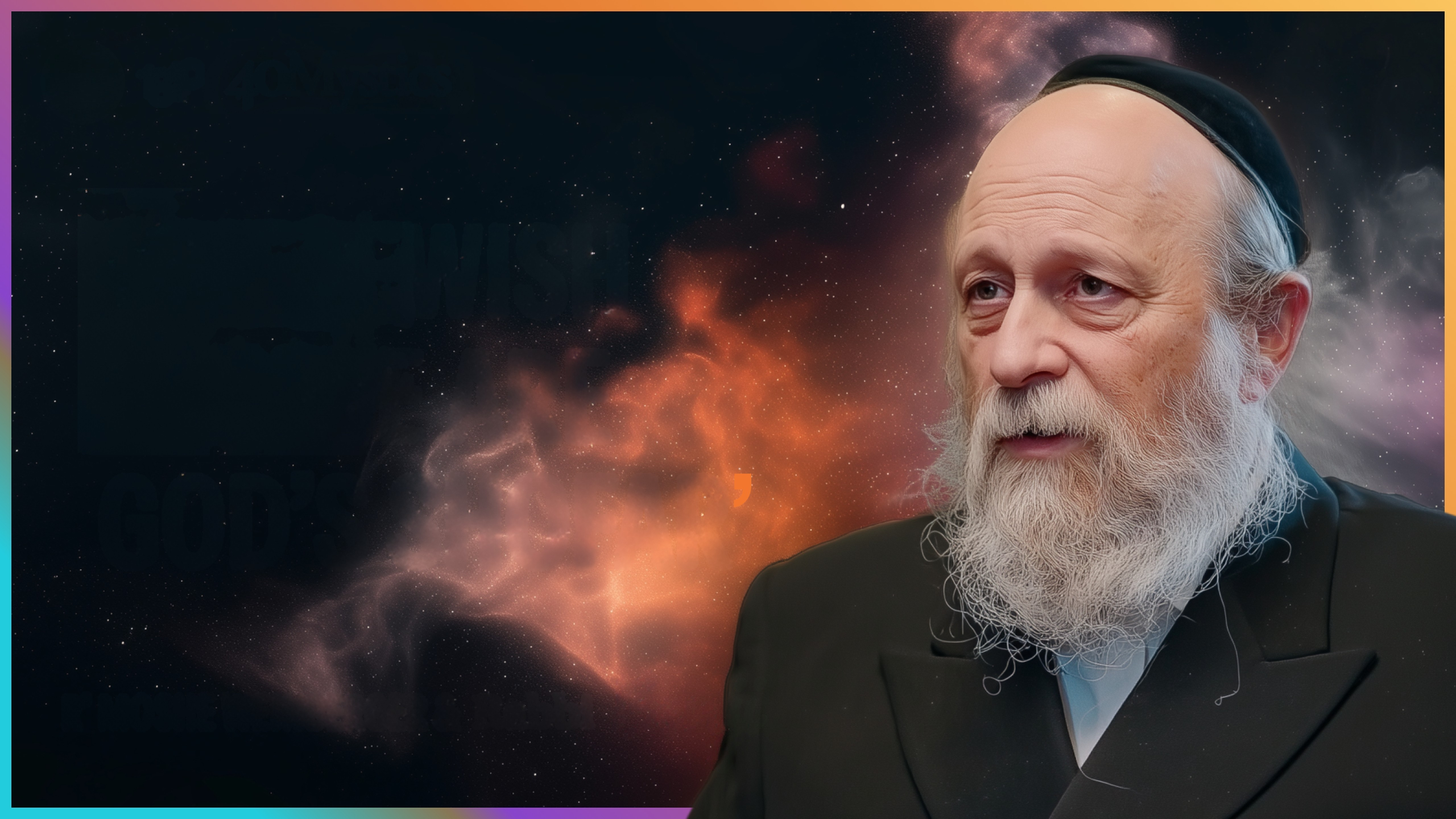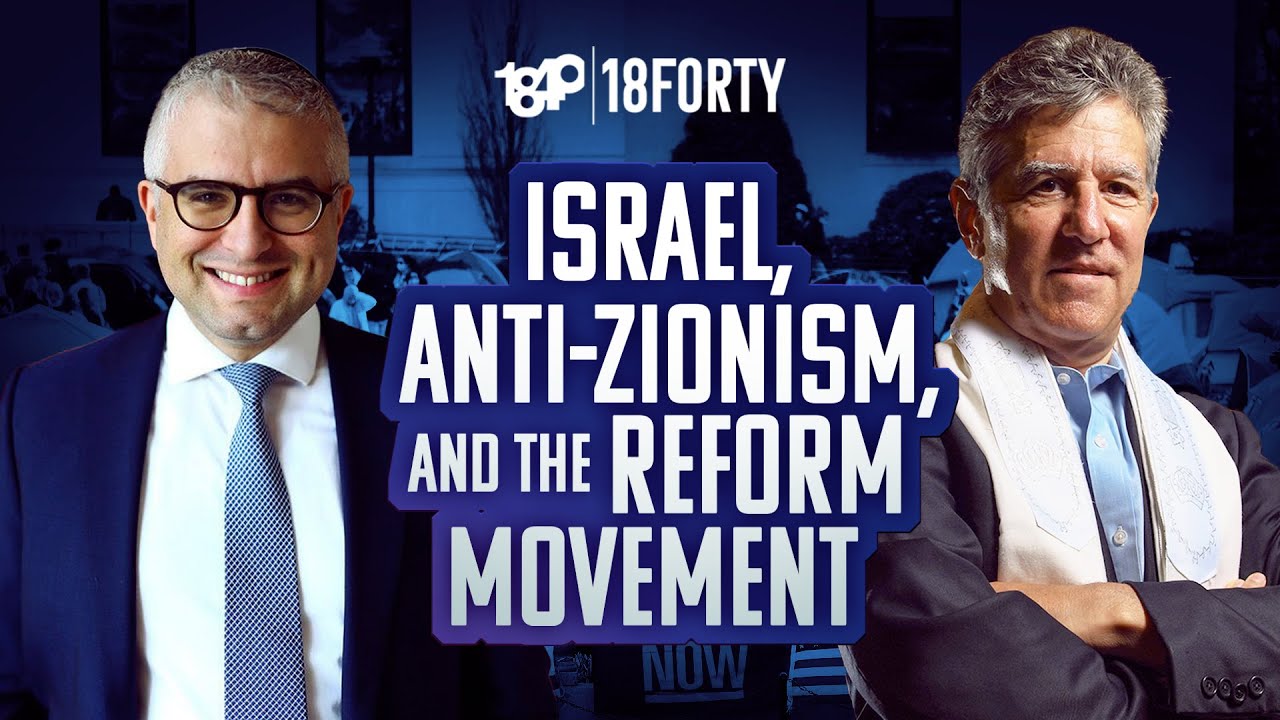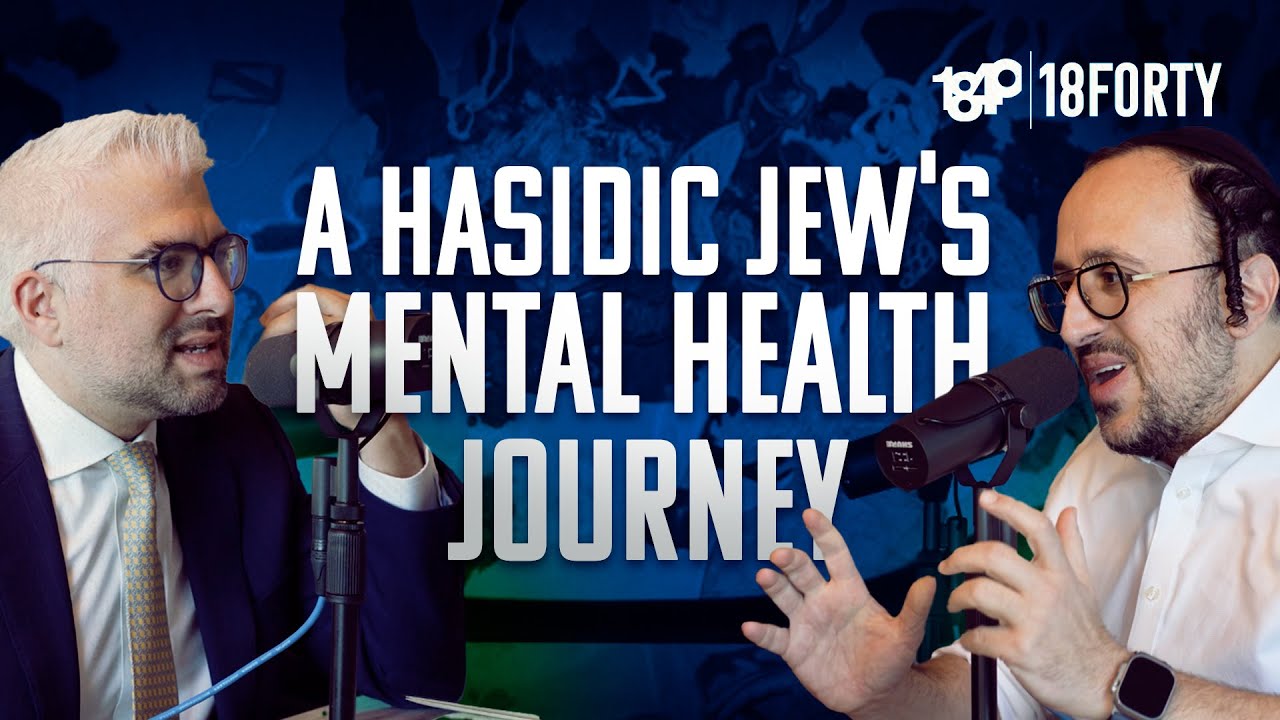Joshua Berman: What Should We Believe?
In this episode of the 18Forty Podcast, David sits down with Professor Joshua Berman, a Professor of Bible at Bar-Ilan University, to talk about the relationship between Orthodox Judaism and Biblical criticism.
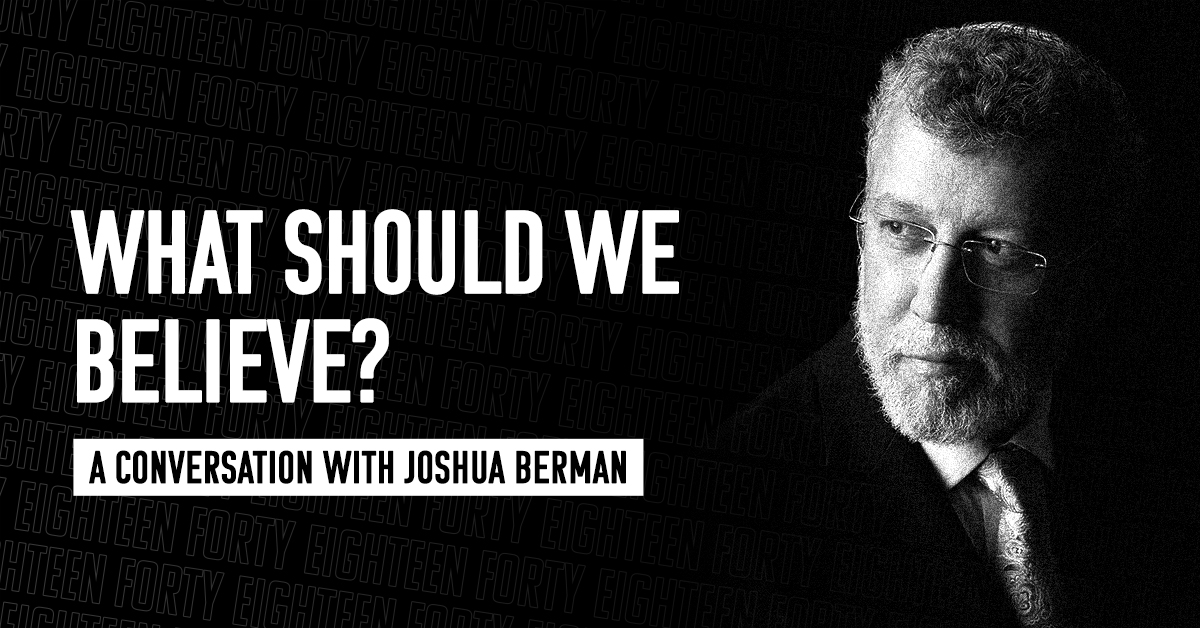
Summary
In this episode of the 18Forty Podcast, David sits down with Professor Joshua Berman, a Professor of Bible at Bar-Ilan University, to talk about the relationship between Orthodox Judaism and Biblical criticism.
Many Orthodox educators avoid dealing with Biblical criticism, leaving their students feeling that they’ve been duped. Religious Bible critics are a minority in the field, giving some the impression that the questions raised cannot be adequately addressed. Though Joshua grew up with a strong internally-driven sense of faith, he too has been struck by some of these questions when his colleagues have pointed them out.
- Are there strong questions to be asked on the Orthodox view of the Bible?
- Are there scholars who feel they have answers that can adequately quell the doubts raised by these questions?
- Is this approach falsifiable?
- And is it merely apologetics, or is this scholarship just as legitimate, if not more, than the opposing scholarship?
Tune in to hear Joshua reflect on his journey as a Jew and an academic, as well as the state of Bible scholarship.
David Bashevkin:
We are so excited to have our guest today, Professor Joshua Berman, who is a professor of Tanach in Bar-Ilan University. He is an acclaimed Bible scholar and author who has a PhD from Bar-Ilan and smicha from the Chief Rabbinate of Israel. Professor Berman, thank you so much for joining us today.
Joshua Berman:
It’s a pleasure, Dovid, to be with you on this exciting endeavor, 18forty.
David Bashevkin:
So, I want to begin by maybe delving into some of the source material of your own life before we talk about how we approach the texts of the Bible itself, I’m always intrigued on the textual analysis of people’s own personal narrative. You have a fairly traditional background. You learned in Gush Etzion, you got smicha from the Chief Rabbinate, and now you are a Bible professor in Bar-Ilan, and are steeped in all sorts of contemporary Biblical studies. How did you make the leap? What interested you to leave traditional Torah study and be involved in Biblical scholarship?
Joshua Berman:
Well, I might want to offer a little bit of a corrective. Those things you said, places I studied, degrees, those are true, but there are things that are really important to know about me that proceed that, and that is my upbringing. That is to say, my parents sent me to a Yeshiva Day School, SAR Academy in Riverdale. They themselves were not from Orthodox or even traditional backgrounds by any stretch of the imagination, and around the age of my Bar Mitzvah I took on Torah u’mitzvot by myself. This is super important to understand. I think generally any time someone reads anybody writing about the Bible, anything, whether it’s scholarship or not scholarship, you have to know about that person’s background. It colors everything, and it’s true about me as well. I am a mix between a FFB, frum from birth, and a BT, meaning I have the Yeshiva Day School background that perhaps many of the listening audience has, but in terms of my own practice, I came to it on my own. This is really important to understand, because what I see so often when I discuss these issues with people about academic Biblical studies and how they deal with it from a perspective of emunah and its implications for their own Yiddishkeit, I often hear people who will say to me something like, “You know, did yetzias mitzrayim really happen?”
David Bashevkin:
Meaning the Exodus from Egypt?
Joshua Berman:
The Exodus from Egypt. You know what? To me it doesn’t really matter, and I’m talking about really serious frum people who learn Torah every day, and they daven three times a day. And they say to me, “You know, the reason I’m frum is because my father was frum, and my grandfather was frum.” And when I hear that, part of me is a little jealous. Part of me is a little suspect. I’m not quite sure how to deal with that, but I know that it’s not my narrative, because I came to stuff on my own. Because on some level, even at the age of 13, I had to make some type of decision. Does this appeal, does it make sense, do I want it? And therefore, for me, throughout my entire life, my commitment, whether it’s to practice or to belief, has always been, at root, an issue of something that I have chosen to taken on, and therefore, I have to think about it. And that’s really important ,that’s what’s driven my entire life, and certainly my academic pursuits as they pertain to the issues that we’re discussing here today.
David Bashevkin:
So, maybe you could tell us a little bit more. Who were the formative people in your life that got you excited to make that type of commitment? And then, who were the texts, authors, and ideas that, unless they happened together at the same time, that got you involved in Biblical studies, because for a lot of people, they may become inspired, but they’re not necessarily going into Ugaritic texts and doing all of the research like that. So did they happen together for you, or…
Joshua Berman:
No, this was an evolution. I… I graduated from Ramaz and I came to Eretz Yisrael. Now it’s very popular, at that time it was still a new thing. And I was learning in Gush, Yeshivat Har Etzion, and I got very turned on by Tanach, Tanach is very strong there. Real men learn Talmud in the Orthodox world, and I was really into Tanach. And I had a lot of chiddushim, and I started to teach, when I finished studying there, I taught at a bunch of sems and gap year programs –
David Bashevkin:
Seminaries?
Joshua Berman:
Seminaries, yeah, gap year programs. And I wanted to take this study of Tanach further, get a more rigorous grounding in methodology, so I went to do a doctorate in Bible at Bar-Ilan University.
David Bashevkin:
Now, at that point in your life, were you aware of source criticism of the basic foundations of Biblical studies?
Joshua Berman:
To some degree. The things I had seen seemed to me a little far-fetched, a stretch, sometimes ignorant of clear signs – at least what were to me clear signs – of unity in the text, and I didn’t really pay much attention to these critical issues. By critical issues I mean what Bible critics say, that’s what I mean by critical issues. And the truth is I started, I finished my doctorate, I started teaching at Bar-Ilan, I was doing the type of, what’s known as the literary approach to Tanach, the types of things that people might be familiar with from the writings of Menachem Leibtag, or the Herzog Yemei Iyun in Tanach.
David Bashevkin:
What was the actual title of your dissertation?
Joshua Berman:
Oh my gosh. That’s too long for this podcast, it was about battle stories in the Tanach, and particularly it was about how they’re crafted, how they’re put together. And what I tried to show there was that there are a number of battle stories in the Tanach that, for all the world, just look like long descriptions of a battle. And then what you’re able to discern is that oftentimes they are an extended metaphor for what happens off the battle field in the previous chapter. I’ll just give one example. We might all recall the story of Pilegesh Bagivah in Sefer Shoftim in perek chaf, where –
David Bashevkin:
The 20th chapter.
Joshua Berman:
Yeah. Where there’s a man, and he’s got his pilegesh, and basically she gets gang-raped by the people of Givah, this town in Shevet Binyamin. Horrible story, and he cuts her up, horrible story. What follows thereafter is a war against Shevet Binyamin. When you look carefully you see that the way in which the Tanach had described the rape of the pilegesh, of the concubine, by the townsfolk of Givah, the Tanach uses the same imagery and the same terms to describe the way in which the other 10 tribes, or 11 tribes, ganged up and decimated Shevet Binyamin, so that the battle story becomes a metaphor for what happened in the previous story, maybe to say midah k’neged midah, tit for tat. Maybe to say, “You think the folks in Givah were terrible? Look, the rest of Israel was no better.” Not clear, but this type of deep, deep literary richness was something I was really drawn to.
David Bashevkin:
Did anybody discourage you, from the yeshiva world, from your background, from getting a PhD in Bible? Because we may discuss this, but there’s a reason why Tanach, by and large, is neglected in the yeshiva world, and did anybody express concern? Like, “We don’t want to lose you, we love you.”
Joshua Berman:
The honest answer is that when I first came to yeshiva, right after high school, I was learning in Gush for two years, and then I was set to go to Princeton. And I went to my illustrious rosh yeshiva, Rav Aharon Lichtenstein zecher tzadik livracha, and I asked him what I should do, where I should go to college, and I told him that my parents are very keen on me going to Princeton. And he said to me, “Princeton? It’s beis lavan.” It is beis lavan. Not a place necessarily where one will grow religiously. But my parents were –
David Bashevkin:
He was a Harvard graduate.
Joshua Berman:
As a PhD, not as an impressionable 19 year old. I wound up going to Princeton and it was a tremendous experience for me, religiously, until I –
David Bashevkin:
Positive?
Joshua Berman:
Yes, and spiritually, yes. Having had that experience with my revered rosh yeshiva about where to go to college, I wasn’t about to ask him what I should do in graduate school.
David Bashevkin:
Mischievous.
Joshua Berman:
I would like to think, I hope… I’m always very wary when people say, “Well, you know, if Rav Soloveitchik were alive today he would agree with this position, that position.” You never know. I hope and pray that my roshei yeshiva are happy with what I’m doing.
David Bashevkin:
Proud.
Joshua Berman:
I’d like to think that it’s… It’s tzarich hasha’ah, it’s the need of the hour.
David Bashevkin:
So following Princeton then you went to do the PhD in –
Joshua Berman:
No, I came back to yeshiva, I made aliyah at 23 and learned in Gush for another six years, and then started teaching in all the gap year seminary programs. And I was teaching one year, in 1996, in six different programs, and realized I need to get one source of parnassah, and the best way to do that was to get a doctorate. And that wound up with a 10 year position at Bar-Ilan.
David Bashevkin:
So having begun in the literary approach to Bible, when did the shift occur? And I want to know, experientially, as you became more and more involved in source criticism, did you experience – Did it chip at your faith? Did your relationship to some of the traditional values, ideas that you had inculcated in all of your previous years, did that evolve as well?
Joshua Berman:
Mm-hmm. Yeah, I can locate the switch for me to a very particular point. I’m 55 years old, and the switch came 10 years ago. In other words I had been teaching already for about 10 years at Bar-Ilan not ever thinking about these issues. 10 years ago, I was 45, a colleague of mine at Bar-Ilan said, “You know, there’s a bunch of rabbanim and mechanchim in the religious Zionist world – ”
David Bashevkin:
Rabbis, educators.
Joshua Berman:
Yeah, “Who are concerned about these issues, and some Bible scholars who themselves are Orthodox. We want to make a think tank group to get together and see, what do we think, what can we say, how should we approach this stuff, for ourselves, for our students?” I said, “Great, I’ll come.” Because it’s already, 10 years ago, we’re talking about where the internet is already beginning to be available to everybody, and that’s why – We’re only here today discussing this stuff because of the internet. I recall, when I was ensconced in yeshiva in the late ’80s, and there were some meshuggenehs in the yeshiva who we heard were interested in Biblical criticism. And I realized, to even know what that meant I would have to get on a bus and go into Yerushalayim and go to the national library and figure out where this stuff was. It just wasn’t accessible at all. And of course, today, it’s not only accessible, it floods in on you whether you want it or not.
David Bashevkin:
Yeah… It’s interesting you mention that, I had an earlier conversation with Gil, and the centerpiece of that conversation was how the internet has changed theological discourse altogether, and I think it’s posing challenges and opportunities, both theologically, personally, self-development. Being able to construct meaning from the flood of information is the challenge of our time. So you came together with this group of people –
Joshua Berman:
Right, and I figured, “Okay, we’re all going to… We’re going to work as a group, and we’re all concerned with the same concerns,” and I discovered to my enormous dismay that I was the fundamentalist of the group. That I really believed in revelation, that I really believe that the Torah is as old as we say that it is.
David Bashevkin:
Meaning among the other rabbis there, you –
Joshua Berman:
Yes, that’s right. And what really dismayed me, I understood, there were some very serious Bible scholars, source critics, and it was from them, they said, “Here, look. Sit with me for a few minutes, and I’ll show – ” This is what they said to me. ” – and we’ll show you.” The stuff they showed me was devastating. It’s…
David Bashevkin:
Do you remember what you were shown?
Joshua Berman:
Yes I do. I was shown the din of bechor beheima.
David Bashevkin:
The long, yeah.
Joshua Berman:
The first born animal… A kosher animal, when it has its first calf, or whatever it is, or ewe, there are certain requirements of what to do with it in terms of its kedushah, it has kedushah. Who gets it? Who eats it? Do you have to do stuff with the mizbeach? All sorts of things. And he showed me what it says in Bamidbar perek yud-chet about this law, and the aftermath of the story of Korach, and he showed me what it says in Sefer Devarim in perek tet-vav –
David Bashevkin:
So in chapter 18 –
Joshua Berman:
In Numbers, and chapter 15 in Deuteronomy, and it’s totally different, and it’s, in my mind, at least at first blush, irreconcilable. And only through real midrashic calisthenics do Chazal even deal with the problem, but what they’re doing is clearly not the pshat. And I was like, “Hmm. Whoa.” It was a real “whoa” minute for me. But what really dismayed me about that group is that what I saw is that the rabbanim and the mechanchim that were there were not even looking for ways to try to push back against the academic arguments. They were like, “Obviously if academics say this then it must be true, and we must therefore bend to the truth. And therefore, the entire endeavor of reconciling academic Biblical studies and Orthodoxy must take place by Orthodoxy doing figure eights with its theology.” And I was… I think there’s some room for that, but I was like, “No no. There has got to be… There’s a lot of push back that we can be doing.” And I’ve devoted the last nine years of my life to that.
And not just in podcasts for Orthodox people. That’s not worth anything, unless there’s bona fide scholarship to back it up, and it’s really only recently that I’ve started turning to forums like this to share with the wider Orthodox public. But most of the work that I’ve done has been academic in Oxford University Press, and the top journals, about how some of the very fundamental tenants of the discipline need to be critiqued. We have to turn a critical eye on the criticism itself. It doesn’t mean those people are stupid; they’re not. It doesn’t mean they’re all evil; they’re certainly not. And it doesn’t mean that all of their questions and claims are incorrect; many of them certainly are. But many of the things that challenge people who are exposed to the internet today – Sources, the Torah’s made of up of sources that we can identify and show that they have differing attitudes and theologies. A lot of the questions about the historical accuracy of the Tanach – A lot of these questions rest on very questionable scholarship, in my opinion. And when I say this it’s not just me, there are many scholars that are now pushing back against what have been long-reigning paradigms –
David Bashevkin:
Who are some of those scholars?
Joshua Berman:
Well they’re not names that would mean anything to this listening audience, many of them happen to be conservative Christians. I have… It’s not possible for me to express in words my indebtedness to about a dozen of these fellows with whom I’ve become close, because in them what I saw is that you can be a deep maamin –
David Bashevkin:
Believer.
Joshua Berman:
And a serious scholar. So, their beliefs are not identical to my beliefs, but they believe in the Bible is the word of God, that these things happened, and I had never met anybody who did that. What I saw within the Orthodox world, even within the world of Orthodox Bible critics, Bible scholars, let me say, is that you either had Orthodox Bible scholars who, to my tastes, weren’t really grappling with the issues and compartmentalized things, lived in a bifurcation, their spiritual world was one thing, and their intellectual world was another.
David Bashevkin:
That’s like James Kugel, that’s very vocal about –
Joshua Berman:
I’ll let James Kugel speak for himself. Let me leave it at that. I know that that type of –
David Bashevkin:
But that’s one approach.
Joshua Berman:
It’s an approach, yeah. It doesn’t work for me, it just doesn’t work for me. And then I know other scholars, Bible scholars, who are fully Orthodox, and they are makpid kalah k’chamurah. They observe carefully –
David Bashevkin:
Really? Every detail?
Joshua Berman:
Yeah, every little thing. But when you talk to them it’s clear they don’t believe in revelation. How they… Why they’re doing what they’re doing, therefore religiously, I don’t know, but that… And it’s very difficult, I don’t have many peers who I see really working who have the… Who are working on this together. I have lots of Christian friends who are doing this.
David Bashevkin:
It’s so striking. It reminds me, there was an article by Mark Shapiro about the shifting trends in the Orthodox world detailing, has Orthodoxy begun to embrace Biblical criticism? It sounds like there’s a loneliness to where you stand in the scholarly world because most of the traditional yeshiva world, I would say most of the Orthodox world, they don’t really care about this a great deal. And those who are concerned and are looking at the details and the facts usually accept what I think could be said is scholarly consensus to some degree or another. And you’re left… There’s a loneliness there, which almost relates to your founding story. This is you recreating and staying true to your beliefs and your commitment, and creating that space where you live now.
Joshua Berman:
Yeah. This is why this dozen or so Christian scholars – And they’re from all across the spectrum, they are Evangelicals, Catholics, Seventh Day Adventists, Mormons – are so important for me. They are, as I like to think of it, they are my Yitro. What Moshe Rabbeinu says about Yitro is that he was a guide for them in the desert, a non-Jewish guide for them in the desert, and they have been that for me.
David Bashevkin:
And it’s so funny because he’s the character that introduces the giving of the Torah itself, so in a way –
Joshua Berman:
Okay, there you go.
David Bashevkin:
They’re your introductory –
Joshua Berman:
Yeah, and it’s not an accident that there are a bunch of them and fewer Orthodox scholars who do this, and that’s because, for Christian believers, the world of theology and the world of the university were always fused. In other words, theological schools were always parts of universities, and so to think about God and to think about critical thinking was always together and is to this day. There are very few, almost every theological school in which a Christian will learn about God and things like that is part, is a degree-granting program in a university, and so these issues, it’s very natural for them to grapple. But for us, we were in a ghetto for a long time. Sometimes it was a physical ghetto, and it certainly was an intellectual ghetto, sometimes self-imposed. We didn’t want, and the Torah world certainly didn’t want to be engaged with critical thinking that was out there. And so all of this is really very new. It’s a generation, maybe even half a generation.
David Bashevkin:
Maybe that’s a good place to introduce some of the cultural context in which Biblical criticism emerged, and maybe I could couch that in a famous article that you wrote, I don’t know how famous it is, but certainly it garnered a lot of responses. You wrote an article for Mosaic, I believe it was called “On the Corruption of Biblical Studies,” where you lamented, indicted, were certainly frustrated by the fact that the role of agenda and the role of bias was only going in certain directions. Meaning you felt castigated to a degree, pushed aside as a more traditional thinker, and labeled a conservative scholar, while everybody else was a liberal to progressive scholar. So maybe you could tell me a little bit about, what was the content, what is the state of Biblical studies now, what was the context that it emerged from that you were, in fact, lamenting?
Joshua Berman:
Well, Bible study, Biblical studies, takes place within the larger university setting. It’s no secret. The universities are the centers of the liberal pulse of the culture that we live in. And it’s true throughout the university, and especially true in the humanities, and therefore, very true in Biblical studies. And everything… So often that translates into the scholarship in ways that aren’t always apparent, but that’s why we need to put a light on it and put a magnifying glass and call it out so that we’re all clear that it’s not just the people who have kippot on their head, or rosary beads around their neck, that come from somewhere, and therefore we need to be suspect about the things they’re saying. There are lots of backgrounds, with lots of Bible scholars.
David Bashevkin:
So, maybe you could be more specific: Where do you see… I see clearly, and you disclosed the fact that you have, to a degree, an agenda. That doesn’t prevent you from having the ability to contribute to scholarship, but you disclose the fact that what your religious orientation is and your background. Where do you see other backgrounds influencing the direction of the scholarship?
Joshua Berman:
Okay, so, when you have feminist scholars that write – and feminist scholars are allowed to be very open, you almost get credit if you say that you are coming to the text with a feminist agenda – and then it turns in… Some of the feminist readings of Biblical literature are outstanding, and I have cited them in my own work, and I’ve contributed, I have written some very feminist pieces. I have used clinical theory of coming out to explain the progression and development of Esther in Megillat Esther. So I’m not afraid of this stuff. But sometimes it becomes over-reading into the text and seeing things that aren’t there. It’s that type of thing that you have to call out.
When feminist Biblical scholars say that Moshe Rabbeinu in Exodus 19 preparing Am Yisrael for the giving of the Torah, for the revelation at Har Sinai, spoke only to the men, and they look at one or two words that might fit that, but they don’t look at the other words in the perek that make it clear that he was addressing the entirety of the people, that’s a bias. They want to do that because it discredits the Bible, because if the covenant is only with the men of Israel, pfft, then obviously this text is part of this patriarchal, oppressive culture. And the implicit message, therefore, is that it shouldn’t have any sway over us, and it certainly doesn’t have, in any way, perfection about it, let alone divinity.
David Bashevkin:
Maybe, we’ve spoken a lot almost from a defensive point of view in protecting the Torah against the assault or corruption agenda of Biblical studies. You’re involved in the field. Maybe you could talk a little bit about how you’ve benefited, and how people who haven’t been exposed to this scholarship, what questions, ideas, could somebody gain from in this world, or maybe you don’t agree that that’s possible?
Joshua Berman:
No I do. I actually don’t really like approaching my scholarship defensively, or even when I’m talking about the interface between Biblical scholarship and our Orthodox commitments, I don’t like talking about that defensively. What I like to say is, generally speaking, we have a deep and unexplored need to understand the Torah in its ancient near-Eastern context, and man, when we do that, oh it’s so beautiful what comes out. Amazing amazing things.
David Bashevkin:
What do you mean by that, “near-Eastern context”? Explain a little bit more about that contribution to approaching the Torah.
Joshua Berman:
Sure, here we go. The Torah is not only a religious document, it’s not only about religious thought: it’s about political thought. And I wrote a book about this, called Created Equal: How the Bible Broke with Ancient Political Thought. What do I mean that the Torah is a book of deep and sophisticated political thought? Let us think about what we all know and remember about the story of Yosef when he’s in Egypt. Think of the picture of society that comes out of that story, it’s very hierarchical and stratified. You have a Pharaoh, he’s at the top of the heap, and you have a Potiphar type of guy, and the landed gentry, and they’re the next level down. And then way at the bottom you have the slaves where Yosef is.
And what’s very clear in that story is that everybody is born into a certain station in life, and nobody moves from there. If you’re a Pharaoh, ya ain’t budging from there, no one is going to demote you, and if you’re a Potiphar, you can’t be a Pharaoh, and you probably will never be a slave. And if you’re a slave, you certainly won’t ever be anything else other than a slave, unless of course you have God on your side as in the story of Yosef, but that aside, where you’re born into is where you are. This way of thinking about society, that everybody has a role to fill, a cast to which they belong, this is the way in which cultures the world over looked at society. There wasn’t even, to speak in Yeshivish terms, a hava amina, a notion, of social mobility, of equality between people, and it wasn’t even that they hadn’t come up with the idea yet. It was that had you suggested this idea, that really, all people are the same, and they should all have equal opportunity, things that, for us, are just second nature, and obvious, the way in which ancients everywhere in the Torah, and in Mesopotamia, and even in Athens and Greece, people would have said, “That’s crazy! That’s a recipe for anarchy.” Because it’s only when people know where they belong and what their job is in life, that’s the only way a society is going to function, and anything that takes away from clear boundaries as to who belongs where is just going to be anarchy. And the first document in the history of political thought to challenge that idea is the Torah. In the ancient world, all men were not created equal, this is what was clear. And the Torah comes along and it does far more than anything that preceded it anywhere in terms of taking power away from kings, away from priests, away from the wealthy, and empowering the common person.
David Bashevkin:
That type of mobility that you can –
Joshua Berman:
Yeah. Just the idea that we all come from Mitzrayim, from Egypt, we think of that as a religious idea. It’s a political idea because it means that none of us as Jews can say, “Well I’m from higher stock than you.” Hey buddy, we were all slaves, we all started together. Don’t forget that. And this comes out in the Torah’s stories, in its laws, in its views of political office, in its economic laws, and it’s all woven together in an incredibly sophisticated way, in a way that I don’t think… No, I would state, and I state this academically: I don’t believe that there is another single document in the history of political thought that overturned, and departed so radically from, what was existing at the time as much as the Torah against its context of the ancient world of political thought.
David Bashevkin:
So your premise, essentially, is that by understanding the historical context from which the Bible, the Torah, emerged from, you will leave with a greater appreciation for the Torah’s contribution to that world.
Joshua Berman:
Amen.
David Bashevkin:
So, let me ask you this –
Joshua Berman:
And I just want to say also that there are many sources within rabbinic thought that would agree with this… Especially in the Rambam in the third section of the Moreh Nevuchim, The Guide for the Perplexed. He does this move all the time, where he says, “I can only understand what’s going on in this halacha, that halacha – ”
David Bashevkin:
Within that historical context.
Joshua Berman:
Mhmm, and he’s not the only one, yeah.
David Bashevkin:
In your article, where you discuss the state of Biblical studies, you use a phrase, “Bible scholars need to learn to live with the messiness,” that I believe, if I understood you correctly, you were critiquing the neat packages that we group source criticism into, and unpack the different alleged layers from which the Bible came from. Let me ask you this question: Do you feel that you have to live with the messiness as an Orthodox Jew? What is the messiness that we need to live with? Meaning, we have a document that looks coherent, but I can tell you –
Joshua Berman:
Or not.
David Bashevkin:
Yeah, there are parts, to me, that… It grates on me. I’ll give you one example for me, I don’t need you to respond to this, I just want to hear about living with the messiness. When the Torah mentions the Sefer of the Milchamos there’s this one reference to this other book that the Torah mentions. It’s not referenced anywhere else, it seems… I don’t know what it’s teaching me, I don’t know what it’s giving me historically, it just seems like… To me it seems like it’s diminishing the timelessness of the Torah, when you have such a temporal reference that doesn’t have any timeless qualities to it. And I’m wondering, for you, what is the messiness that you still feel like, as a community, we’re learning to navigate?
Joshua Berman:
I think there are several prime issues that people struggle with. One would be when not every detail of the Torah’s accounts of historical events seem to jive with archaeology, or epigraphy, that means inscriptions that we have. Maybe generally they do, and I think generally they do, but not 100 percent. That’s challenging. We don’t want our Torah to be fake news, and that’s what it seems. I think there are ways to address this, not by… Yeah I think there are ways to address this. I’ve got a forthcoming book called Ani Maamin: Orthodoxy and Biblical Criticism, and I have a whole chapter about this question of how we think about historical accuracy.
David Bashevkin:
So, that’s one category.
Joshua Berman:
Yeah. Another category is things that clearly do look inconsistent. We spoke before about the laws of firstborn animals, or a kosher animal. The Torah’s accounts of what happened in the desert in the Books of Exodus and Numbers, they’re told one way –
David Bashevkin:
How many animals were brought onto the Ark –
Joshua Berman:
I’m not even talking about that, that’s another one, I’ll get to that in a second. And then some of those stories seem to be retold in Sefer Devarim, and not just differently, but in irreconcilably different ways. How do you do that? How can both be true? So these are things that I think are challenging, it’s part of the messiness. I think that these are both issues where the more we know about the ancient world, how people wrote, how people thought, the more in which we are ready to realize that our own ways of thinking are culturally dependent, are not the way the people always thought about things, and that’s very difficult to do, because all we know is what we know. The more we get in touch with those ancient contexts, the more suddenly we see, “Wow, this all makes sense.” Once you know, why they’re doing what they’re doing, that this is what was done, it begins to make sense. But there aren’t necessarily answers for everything.
David Bashevkin:
What about… Where would you put in the category of contemporaneous texts that seem to parallel the Epic of Gilgamesh and the Code of Hammurabi? Is there a name or is there a category, would you consider that messiness, when we find parallel stories to what we find in the Bible?
Joshua Berman:
No, I don’t think so. Rav Kook wrote that, okay, there were traditions of the flood elsewhere, too… Maybe that even affirms. Whether it was a flood over the entire earth, or as Rav Dovid Tzvi Hoffman, the leading posek in Germany at the turn of the 20th century, or the beginning of the 1900s, he knew a lot of Bible studies. He wrote a perush on several books of the Chumash, and quoting all the leading Bible critics of his day in Germany, because he read them all and he’d studied them all, and he says, “Well, concerning the flood, I believe that there was a flood, and I believe that there was maybe a flood in a certain part of Mesopotamia, and that’s where it happened.”
David Bashevkin:
So, you don’t think that’s where the messiness… Those aren’t the categories –
Joshua Berman:
There are different levels of messiness. It can be about the particular details of the historical accuracy, it can be about things that seem to be inconsistent. I think, at the end of the day, believing in miracles takes a certain leap of faith as rational people today. Do we take the Torah at its word, as it seems? Or perhaps we want to follow Rav Soloveitchik and mori v’rabi Rabbi Jonathan Sacks who say, concerning Kriat Yam Suf, the splitting of the sea, and the plagues in Egypt, that maybe these weren’t exactly the way in which it seems from just a simple reading of the Torah, that there were events that happened but they were much more naturalistic. Now I’m not taking sides here, but I’m saying that there are things, there are options, and there are things that might be a little challenging for many of us, because they don’t exactly jive with the way in which we were raised, either at home or in school.
But yeah, so I think that there’s a little messiness, but I think that the main problem that our community suffers from today with these issues is that there is zero discussion about it in traditional circles. Rabbis won’t touch this with a 10-foot pole from the pulpit, with good reason, and educators in our day schools are also afraid to touch it. I think there there’s perhaps more of a place to introduce this sensitively and in small measure. And what happens is that, when we turn on our internets, and we realize, “Whoa, there’s all this stuff going on,” not a few people feel, “Hey, all these rabbanim and teachers that I had, they also knew about this, and they were just pulling the wool over my eyes.”
David Bashevkin:
So you’ve mentioned a few names, who else would you recommend… You mentioned Rav Dovid Tzvi Hoffman, who’s wonderful. Somebody who is grappling with this and getting lost by the flood of information, are there specific books where you said, “Wow, this actually is top-notch scholarship that can chart a path to help somebody reconcile some of this messiness?”
Joshua Berman:
Sure.
David Bashevkin:
Aside from your own, obviously.
Joshua Berman:
Well I’m not, yeah. Well there’s the epic work by the gaon mi’Liverpool, Professor Kenneth Anderson Kitchen. One of the leading, maybe the leading, Egyptologist of the last generation. He wrote a book called On the Reliability of the Old Testament, which as someone once pointed out to me, is the acronym, the roshei teivot “OROT”, On the Reliability of the Old Testament, for those that –
David Bashevkin:
Very sweet.
Joshua Berman:
Catch the reference to Rav Kook’s work, l’havdil, by that name. And this is a guy who’s top of his field, and trying to show how much of what we have in the Bible is historically accurate in academic terms, and it’s a good book. There are two books by my friend and colleague James Hoffmeier, Ancient Israel and Sinai, and Ancient Israel and Egypt. Both books by Oxford University Press, there’s a collection of essays, again, particularly about the Exodus from Egypt, in which I have a contribution there. Did I Not Take you Out of Egypt, that’s the title. It’s a quote from a pasuk in Amos. So there’s –
David Bashevkin:
There’s a lot of good stuff out there.
Joshua Berman:
Yeah. But what I’ve tried to address in my own work… Typically Christian scholars, the men that I’ve mentioned now are Christian scholars. Christian scholars tend to be more interested in history, archaeology, those sorts of things. The things that I’ve tried to focus on are inconsistencies, and how can we understand that?
David Bashevkin:
In your response to other peoples’ criticism of that article about the field of Biblical studies, you make reference to Thomas Kuhn, who famously wrote about how scientific revolutions occur, and how they occur based on paradigm shifts. He was actually responding, I believe, or in reaction to an earlier school of thought by Karl Popper, who felt that the way science progresses is through hypothesis and falsification. And before we talk about Kuhn I was wondering if we could talk for a moment about Popper. Do you feel that your approach to the Bible is falsifiable? And if I could maybe restate that. Is there any piece of information or text that if you came across it, you would say, “I’m going to change my mind on this.” Is there something in, a piece of information you’re missing that would either confirm or undermine the way you approach the Bible?
Joshua Berman:
Sure, as an academic I have to live that way. So for example, I don’t believe that we have the capacity to take the Torah and somehow separate out and recreate its putative theoretical sources. I don’t think that’s possible. I suppose that if we dug out of the ground a tablet that had inscribed on it the 13 snippets of the account of the flood in Genesis 6-9, the 13 snippets of that that scholars call the Priestly account. And there it was, all as one story, you can’t turn a blind eye from that.
David Bashevkin:
Now, interestingly –
Joshua Berman:
What I would do with it is a good question, but you can’t –
David Bashevkin:
There’s falsifiability in your approach… You just feel that, given the evidence that we have, neither approach has been falsified. Am I understanding you correctly? Do you feel like –
Joshua Berman:
I think that the other side has been falsified. Before falsification there’s the question, what constitutes strong evidence? What constitutes rigorous methodology and examining all the evidence? That’s part of the question too.
David Bashevkin:
So maybe we could talk a little bit about that. I’m always curious about the world of proofs. I went to a yeshiva high school, and I remember in elementary school, it was when of the Bible codes came out, and I remember there was a whole hoopla about this book. It shows that it predicted all sorts of historical events and assassinations and all this stuff. And it was a year or two later that mathematician show that whatever excitement you have about these codes are unwarranted. And a few years later after the Bible codes I remember sitting in in a discovery seminar, and they showed us a few proofs for the Bible. There’s a famous proof presented by the Kuzari about mas revelation and being unable to present the text. And I remember, to this day, feeling somewhat unconvinced by this, and it irked me –
Joshua Berman:
The Hindus have a very similar story also, of a mass revelation to a hell of a lot of people. All right so, I don’t know, maybe Hakadosh Baruch Hu appeared to them too, I don’t know. But you can’t… What’s good for the goose is good for the gander. If we’re going to follow that as a foolproof proof there, then you have these other traditions that make similar claims.
David Bashevkin:
Yeah it always irked me. But let me ask you this. In –
Joshua Berman:
I’m not denying that there was a Ma’amad Har Sinai with a lot of people, and I think it is harder to create such a story, but there are other traditions that clearly have –
David Bashevkin:
Such a revelation, yeah. But in outreach circles, what’s known as the kiruv world, there are a lot of people who are grappling with these issues, and a lot of times they reach a little bit in hoping to find that tangible proof that they can show. I’m curious what your approach is to proofs in general of the divinity of the Torah. If somebody were to come to you and ask you, “Is the Torah divine?” Would you talk about… What methodology would you talk about? Proofs, would you talk about methodology, where would you begin to help somebody find an approach to that question?
Joshua Berman:
I would go back to what I was saying before about the Torah as a document of political thought, and when you read the full presentation of how all this stuff is so radically different, the theology, the view of political office and political power, the economic laws, how it used technology and giving technology to the masses, about the types of stories that it tells. When you see the full presentation, for me it’s jaw-dropping how different this is. So one of two things, there’s only one of two possibilities. Either there’s something divine behind it, or there’s some guy who sat in a cave and wrote all this, wrote the most brilliant treatise of political thought ever known to man, and he came out of his cave, and we have no idea who he is, and he sold it, and it went wild with the Jewish people. Those are the options. That, to me, is the strongest proof for me. That doesn’t necessarily prove that every pasuk is from the Torah, but –
David Bashevkin:
That’s where you find your –
Joshua Berman:
Yeah. And it’s not, it isn’t our democracy today, because again, I see the Torah in ancient context, it was given to a certain people at a certain time. As the Rambam would put it, if there were 49 levels of tumah that Am Yisrael were at, the Torah’s aim is to raise them to the next one up, which is to say that it’s not a finished product in terms of its thought, it points directions.
David Bashevkin:
One of the most fascinating parts – this is how I was first drawn to you as a thinker – is the personalities that you bring into your Biblical scholarship, and I’m talking about one in particular. Namely Rav Tzadok Hakohen MiLublin, who was a Hasidic thinker, born in 1823, he died in 1900. He was a Hasidic thinker, he was a mystic, he was also a fascinating scholar. My master’s thesis was on Reb Tzadok, and I was so fascinated by the fact that you marshal some of his ideas in the way you approach Bible studies. So maybe you could explain, what is a Hasidic thinker doing in the world of Bible studies? How did you come to Rav Tzadok and how are you using him in the way you approach the Bible?
Joshua Berman:
Well as you know, I’m sure better than I do, Dovid, Rav Tzadok MiLublin is out of the box. He is original, strikingly original, and some of the things that he says are off the beaten path. The ideas particularly that I raised there that you’re referring to concern these inconsistencies between the halachos that we find in Shemot, Vayikra, and Bamidbar, and their restatement in Sefer Devarim, in ways that are contradictory. And what Rav Tzadok MiLublin says is the following, he says, “These restatements… They are different. They say different things, they prescribe different halachot than what was prescribed earlier for the same circumstance.” That’s new within the world of Jewish thought, and the way in which he defends this, and he has no inkling of Biblical criticism, he’s not responding to anything. He’s responding to the text, and looking for the kedushah in it. And what he says –
David Bashevkin:
Let me interject, I’m not 100 percent sure about that.
Joshua Berman:
Oh, that’s very interesting, okay.
David Bashevkin:
Rav Tzadok references that he certainly had exposure to secular ideas –
Joshua Berman:
Oh very interesting, oh I –
David Bashevkin:
The first paper I wrote on Rav Tzadok –
Joshua Berman:
So when we’re finished you’re going to have to tell me about that, Dovid. Okay.
David Bashevkin:
But continue, I’m sorry.
Joshua Berman:
He says that Sefer Devarim – and this is such an oxymoron – he says, “Sefer Devarim is Techillat Torah SheBa’al Peh, the beginnings of Torah SheBa’al Peh.
David Bashevkin:
Oral law.
Joshua Berman:
Yeah, the oral law. You’re like, “Wait a minute, isn’t Deuteronomy part of the written law, the Torah SheBichtav? How could something in the Torah SheBichtav, the written law, be the beginning of the oral law? That’s later, that’s…” This is what he says. He says, “Moshe Rabbeinu took the halachot that he had been given by the Ribbono Shel Olam in the earlier books of the Torah and he updates them. He tweaks them to be more relevant for the new circumstances that Am Yisrael would be facing upon entry into Eretz Yisrael, because after all, Sefer Devarim is said by Moshe Rabbeinu in the 40th year. And this is why almost all of the halachot that we find in Sefer Devarim, all of the dinim that we find in Sefer Devarim, are about encountering foreign cultures and withstanding the temptation to interact with them, are about war, are about differences between rich and poor. In the midbar there were no rich and poor, everybody got the same amount of mun every day. But in Eretz Yisrael, some people can be very good at making money and some people can going to be less good, and that creates classes, and how do you deal with that? A lot of agricultural laws.
Rav Tzadok sees this as an evolutionary process of Halacha. That’s a really extraordinarily helpful idea, I think it’s absolutely true in ancient near-Eastern context. I got to this, there’s a fellow who teaches here at the hezder yeshiva in Ma’ale Gilboa, his name is Rav Avi HaCohen, and he has an article in Hebrew about using Rav Tzadok MiLublin to help understand how halachot developed. That’s really where I got it from.
David Bashevkin:
Yeah, a lot of the sensitivities that Reb Tzadok brings to the texts and the reading of the written text without the interpretations of Midrash, he looked at how personalities are portrayed in the Bible, and he was very sensitive to some of these distinctions. What fascinates me, though, is your application of a mystical thinker in a more rationalistic field. Now, obviously you’re taking an idea of his that is fairly rational, but I was wondering, I’m asking mostly personally, but I’m also thinking about the larger orientation. What do you think when you look at more mystical approaches to the Bible? The Ramban, Nachmanides, writes in his introduction to the entire Torah that the words of the Torah is just one long string of the name of God. We have descriptions of having a heavenly Torah written in fire. When you read that, how do you approach these mystical approaches? I’m asking specifically in relation to Bible studies because there’s some commentary who, the way that they reconcile some of the seemingly superfluous, very temporal descriptions in the Torah is by attributing to them mystical significance. Does that sound outlandish, is that an approach that you think can be digested? Where do you stand on some of those ideas?
Joshua Berman:
When I was first in yeshiva, I don’t know, around the age of 18, 19, I remember I went over to Rav Lichtenstein zecher tzadik livracha one day, and I said to him, “Rav, I read that when a person puts on tefillin that there are mitzotzot that go on in this – ”
David Bashevkin:
Sparks.
Joshua Berman:
Yeah, “in this sefirah – ”
David Bashevkin:
Mystical language.
Joshua Berman:
Yeah, which was all new to me. I said, “I was wondering what you think of that.” And he said to me, “What goes on on the cosmic scoreboard? I’m not sure.” I say that only… I want to say two things in response, and they’re totally different things about your question, about how I view the role of mystical approaches to the Torah. It’s not the tradition that I was raised in, and I don’t, for myself, think in those categories. At the same time, I don’t discredit. I think that there are shivim panim l’Torah, there are 70 faces to the Torah, and I think different approaches work for different people. What I do think is important is that when someone says, “Well, listen, it’s all mystical,” that could very well be. And if it works for them that’s great. That can’t be marshalled as an academic response to the issues because there’s no way to substantiate or approve it. “Tzadik be’emunato yichyeh,” a person lives with their emunah, with their beliefs, and that’s great. And maybe they’re right. And other people might not be so mystically inclined, they might be midrashically inclined. As we were speaking about before we went on the air, the Maharatz Chayut –
David Bashevkin:
Rav Tzvi Hirsch.
Joshua Berman:
Rav Tzvi Hirsch Chayus yeah, in the middle of the 19th century, was already very aware of a lot of these inconsistencies, and he writes, “The only way that we can resolve this is through the midrashim of Chazal.” Because in almost all cases Chazal have had midrashim that also don’t work according to premises that would necessarily be academically acceptable, but they have their own internal coherence, to some degree, they certainly have an authority, and some people work with that. And I think, in our generation, where there’s so much confusion, that whatever works for people and is ready to lead them to a life of yirat shamayim, and Torah u’mitzvot, piety and observance of our laws, that’s great. That’s how I view it. So for me, it’s not my cup of tea. I don’t diss it, chalilah, I think that our experience of Torah u’mitzvot would be greatly impoverished if we didn’t have those mystical traditions on a whole range of things, and I appreciate them. And obviously in our davening it comes out all the time. It’s not something that has any bearing on my scholarship.
David Bashevkin:
Let me ask you, maybe concluding, to respond. Somebody who listens to you speak, somebody who reads your scholarship and looks at you and says, “It’s all nice, but this is apologetics. This is – ”
Joshua Berman:
Yeah, well I get very upset about that. You know why? Because when I submit this stuff to the journal of biblical literature, the top journal in the field, and my name isn’t written there, and the scholars who are reviewing it have no idea who I am, and don’t share my background, and it gets accepted, then it’s scholarship, folks. It’s scholarship. Does every scholar therefore agree with me? No. But no two scholars agree on anything. Well that’s a little bit of an overreach, but there’s a tremendous ray of views on a ton of things, far more than people are aware of. Everything that I have written in Mosaic, and anything that I’ve put out, anything that I’ve discussed here, has appeared in the top forums of biblical studies – Oxford University Press, the top journals – and what that means is that people who are not rabbis, who aren’t Orthodox, many of them probably aren’t religious in any way at all, have read this, and have said, “According to the canons of how academic Bible research goes, these arguments are worthy of publication and of discussion by people in the guild.”
David Bashevkin:
So you reject the notion to be labeled an apologist?
Joshua Berman:
Correct. If you’re going to say that, show me where the problem is with the scholarship. Which is fair, which is fair game, and there are ways to argue. That’s fair. But argue with me on academic… If you’re going to say I’m an apologist, argue with me on academic grounds. Let’s discuss the issues.
David Bashevkin:
So let me ask you, moving a little bit away from Bible studies, maybe a little bit more lighthearted questions that I like to pose. You’ve spent decades in Bible studies. You wrote a PhD on the depictions of war in the Bible. If you had to get another PhD, what subject would it be in?
Joshua Berman:
Oh, wow.
David Bashevkin:
What do you think it would be?
Joshua Berman:
Jewish history, oh man…
David Bashevkin:
What year would you… Do you have any period, any –
Joshua Berman:
Gosh wow, huh.
David Bashevkin:
If you had to re-do… You got, they gave you a full grant, they said, “Take a couple years off, get another one, why not.”
Joshua Berman:
I see the hand of God in Jewish history, and so, I don’t know. Something in the modern period, I haven’t even thought what it would be. I like reading a lot of Jewish history.
David Bashevkin:
Could you tell me a little bit about your schedule? What time do you wake up in the morning?
Joshua Berman:
6:40.
David Bashevkin:
And then you get your day started. Are you a night owl –
Joshua Berman:
I jog.
David Bashevkin:
You’re a jogger.
Joshua Berman:
Yeah. It doesn’t look like it, but –
David Bashevkin:
No, it doesn’t, I was about to tell you. You clearly look like a jogger. Are you a… Most of your writing is done in the morning, or at night?
Joshua Berman:
All day and all night.
David Bashevkin:
That’s your process.
Joshua Berman:
Why would I want to do anything else? I’m madly in love with what I do. I am the happiest person on the face of the earth.
David Bashevkin:
Wow.
Joshua Berman:
Baruch hashem.
David Bashevkin:
Is there anything else that you would want to leave a listener with that… We can put up links to your writings and ideas. Is there a general idea of Jewish, non-Jewish, Orthodox, non-Orthodox, people who are trying to negotiate between the traditional religious ideas that they may be attracted to, may have been brought up with, and some of the implications and orientations of modern Biblical studies. What thought would you leave them with, in how to resolve that messiness that we spoke about?
Joshua Berman:
So I’ll conclude with a thought expressed by the Ralbag, Rav Levi Ben Gershon, one of our medieval commentators on the Tanach. The Ralbag, at the end of Sefer Shemot, entertains the well-known question, and that is that the Torah gives all of the details of the Mishkan in the parshiyot of Terumah and Tetzaveh. Commands Moshe Rabbeinu all of those things, the mishkan, and the bigdei kehunah, the clothes for the kohanim. And then, in the last two parshiyot of the Torah, Vayakhel and Pikudei, all those details are repeated again, and it seems needless repetition. And the Ralbag at the very end of Sefer Shemot says, “This really bothers me because where I come from, perfect literature has no needless repetition, and clearly this could’ve been expressed much more economically.” And he says, “I’ve gone through all of the answers to this question that have been given by our sages from the get-go, and none of it really is compelling to me.” And he says, “So it must be that once upon a time this is the way people wrote. Vehanavi yedaber lefi haminhag, and the nevi’im, even Moshe Rabbeinu, will speak and write according to the literary conventions of the time.” That’s what he wrote.
I love that Ralbag for two reasons. I wish more of my academic colleagues were like the Ralbag, because what the Ralbag is saying is, to me it seems clear that this doesn’t work, but maybe my way of looking at the world and thinking of things is dependent on the time in which I live. And maybe once upon a time things were different. And so I will suspend judgment. Maybe there’s something I don’t understand, and that’s okay. And I don’t understand how people wrote in the ancient times. And the second thing I love about what the Ralbag says is that he was totally right. That is, when you look in a bunch of ancient writings, you’ll see stories where a king commands his servant, “Do A, B, C, and D, and E, and F.” And then it says, “And the servant went off, and he did A, B, C, D, E, and F.” This is all over the place, this is the way they wrote. It helped with mnemonic memory things. You can remember the composition better if you have certain things that are repeated over and over. So the Ralbag was right without even knowing any of this stuff. But the main point is what I said before, he had intellectual modesty. He knew you don’t die from a kashya as they say in yeshiva.
David Bashevkin:
A question.
Joshua Berman:
You don’t die from a question about the text either. Yeah, maybe to us certain things seem difficult. We don’t have all the keys to the car, and so much of the stuff that I’ve written, I know I’ve only been able to get to because of amazing strokes of luck, because a certain document was found in the most bizarre circumstance, and if we didn’t have that document we wouldn’t know anything about the particular problem, and I see this over and over and over. We have a lot of stuff in the ancient world, but far more of the ancient world, exponentially more, is closed to us. We just don’t have access to it. So the things that still remain for me as questions sometimes, I’m like, “Okay, so we don’t know the answers. Maybe there’s something out there, but I shouldn’t have the feeling that just because there’s an approach out there that accounts for some of the evidence, maybe not all of the evidence, but it’s the best that’s out there, well, maybe there’s something else that’s going to be out there.” So I’m ready to… I think the importance of intellectual modesty, and recognizing that what seems obvious to us wasn’t always obvious, necessarily. And with that one can journey forward.
David Bashevkin:
All of your ideas to help us live with all the messiness one way or the other, I can’t thank you enough for joining us today. Look down below, we have plenty of links to Professor Berman’s writings, and thank you once again for joining us.
Joshua Berman:
Thank you Dovid.
Recommended Podcasts
podcast
Mark Wildes: Is Modern Orthodox Outreach the Way Forward?
We speak with Mark Wildes, founder and director of Manhattan Jewish Experience, about Modern Orthodox outreach.
podcast
Dovid Bashevkin: A Reform Rabbi Interviews an Orthodox Rabbi [Denominations 2/2]
David Bashevkin answers questions from Diana Fersko about denominations and Jewish Peoplehood.
podcast
Jonathan Dekel-Chen: My Son was a Hostage in Gaza for 43 Million Seconds. He Felt Every One.
Sagui Dekel-Chen was held hostage in Gaza for 498 days—or 43 million seconds. He came home on Feb. 18.
podcast
Haviv Rettig Gur: ‘Hamas is upset the death toll in Gaza isn’t higher’
Haviv answers 18 questions on Israel.
podcast
Menachem Penner & Gedalia Robinson: A Child’s Orientation
In this episode of the 18Forty Podcast, we talk to Rabbi Menachem Penner—dean of RIETS at Yeshiva University—and his son Gedalia—a musician, cantor-in-training, and member of the LGBTQ community—about their experience in reconciling their family’s religious tradition with Gedalia’s sexual orientation.
podcast
Aliza and Ephraim Bulow: When A Spouse Loses Faith
In this episode of the 18Forty Podcast, we talk to Aliza and Ephraim Bulow, a married couple whose religious paths diverged over the course of their shared life.
podcast
Diana Fersko: An Orthodox Rabbi Interviews a Reform Rabbi
We speak with Diana Fersko, senior rabbi of the Village Temple Reform synagogue, about denominations and Jewish Peoplehood.
podcast
Einat Wilf: ‘Jews Are Never Allowed To Win, and Arabs Are Never Allowed to Lose’
The true enemy in Israel’s current war, Einat Wilf says, is what she calls “Palestinianism.”
podcast
Ken Brodkin: A Shul Becomes Orthodox
In this episode of the 18Forty Podcast, we talk to Rabbi Ken Brodkin, rabbi of New Jersey’s Congregation B’nai Israel, about how he helped turn it into “the Orthodox synagogue for all Jews.”
podcast
Shani Taragin: ‘It’s good that Judaism is hard’
Rabbanit Shani Taragin answers 18 questions on Jewish mysticism, including free will, prayer, and catharsis.
podcast
Steven Gotlib: Some Rabbi Grapples with His Faith
In this episode of the 18Forty Podcast, we talk to Rabbi Steven Gotlib, a fellow at Beit Midrash Zichron Dov and Rabbinic Educator at the Village Shul, about the relationship between first principles and how we are to live.
podcast
Kayla Haber-Goldstein: Questioning the Answers: Rebuilding Your Faith
On this episode of 18Forty, we have a frank conversation with author Kayla Haber-Goldstein about her personal, painful journey to find God.
podcast
Netta Barak-Corren: ‘I hope that Gaza will see a day when it is no longer ruled by Hamas’
Israel is facing several existential crises—at least three, by Netta Barak-Corren’s account.
podcast
Frieda Vizel: How the World Misunderstands Hasidic Jewry
In this episode of the 18Forty Podcast, we talk to Frieda Vizel—a formerly Satmar Jew who makes educational content about Hasidic life—about her work presenting Hasidic Williamsburg to the outside world, and vice-versa.
podcast
Alon Shalev: How Rav Hutner Found Existential Meaning
Shalev, Author of Rabbi Yitzchak Hutner’s Theology of Meaning, talks existentialism, individualism, and more.
podcast
David Bashevkin: My Mental Health Journey
In this episode of the 18Forty Podcast, David Bashevkin opens up about his mental health journey.
podcast
Why 1840?
In this episode of the 18Forty Podcast, we sit down for a special podcast with our host, David Bashevkin, to discuss the podcast’s namesake, the year 1840.
podcast
David Bashevkin: ‘We are meant to teach the world how to embrace unchosen identity’
David Bashevkin discusses how to embrace holiness, the purpose of prayer, and the search for meaning in an age of distraction.
podcast
Suri Weingot: ‘The fellow Jew is as close to God as you’ll get’
Suri Weingot joins us to discuss the closeness of redemption, godliness, and education.
podcast
Joey Rosenfeld: Can Mysticism Heal Us?
In this episode of the 18Forty Podcast, we sit down with Joey Rosenfeld, social worker and kabbalist, to talk about the differences between mysticism and rationalism and the roles they should play in our lives.
podcast
Jonathan Rosenblum: ‘Would you want to live in a country run by Haredim?’
Talking about the “Haredi community” is a misnomer, Jonathan Rosenblum says, and simplifies its diversity of thought and perspectives.
podcast
Pawel Maciejko: Sabbateanism and the Roots of Secular Judaism
In this episode of the 18Forty Podcast, we talk to historian and professor Pawel Maciejko about the false messiah Sabbatai Zevi, Sabbateanism, and the roots of Jewish secularism.
podcast
Leah Forster: Of Comedy and Community
In this episode of the 18Forty Podcast, David sits down with Leah Forster, a world-famous ex-Hasidic comedian, to talk about how her journey has affected her comedy.
podcast
Zevi Slavin: ‘To be a mystic is to be human at its most raw’
Zevi Slavin joins us to discuss inherent divinity, the potential of modernity, and the perpetual experience of Har Sinai.
Recommended Articles
Essays
How Archaeology Rewrote the History of Tefillin
From verses in Parshat Bo to desert caves, tefillin emerge as one of Judaism’s earliest embodied practices.
Essays
3 Arguments for God’s Existence
Perhaps the most fundamental question any religious believer can ask is: “Does God exist?” It’s time we find good answers.
Essays
5 Ways to Transmit Tradition to a Skeptical Generation
In Parshat Bo, the Torah anticipates skepticism—and builds tradition around the questions it knows will come.
Essays
How Rav Kook and the Lubavitcher Rebbe Saw the Jewish People
What if the deepest encounter with God is found not in texts, but in a people? Rav Kook and the Lubavitcher Rebbe…
Essays
A Letter to Children Estranged From Their Parents
Children cannot truly avoid the consequences of estrangement. Their parents’ shadow will always follow.
Essays
This Might Be What Saves Us from AI
In Klara and the Sun, Kazuo Ishiguro asks us to reconsider what, if anything, separates humans from machines.
Essays
A Brief History of Jewish Mysticism
To talk about the history of Jewish mysticism is in many ways to talk about the history of the mystical community.
Essays
The Bibliophile Who Reshaped American Jewry
David Eliezrie’s latest examines the sixth Lubavitcher Rebbe’s radical faith that Torah could transform America.
Essays
(What) Do Jews Believe About the Afterlife?
Christianity’s focus on the afterlife historically discouraged Jews from discussing it—but Jews very much believe in it.
Essays
The Siddur Has a Lot of Prayers. Where Did They Come From?
Between early prayer books, kabbalistic additions, and the printing press, the siddur we have today is filled with prayers from across history.
Essays
Rav Tzadok of Lublin on History and Halacha
Rav Tzadok held fascinating views on the history of rabbinic Judaism, but his writings are often cryptic and challenging to understand. Here’s…
Essays
Who Wrote the Siddur?
I’ve searched high and low for an accessible English book or essay addressing the development of the siddur, but my findings are…
Essays
5 Ways a Heart Hardens: When Choice Becomes Destiny
In Parshat Vaera, Pharaoh becomes the Torah’s most unsettling case study in the limits of free will.
Essays
20 Books Our Guests Want You to Read
Moshe Benovitz, Susan Cain, Philip Goff, and other 18Forty guests recommended books. Here are the top 20.
Essays
What Are the Origins of the Oral Torah?
A bedrock principle of Orthodox Judaism is that we received not only the Written Torah at Sinai but also the oral one—does…
Essays
A Letter to Parents of Intergenerational Divergees
Children don’t come with guarantees. Washing machines come with guarantees.
Essays
Your Guide to Reading Rav Kook
I’d advise reading Rav Kook as you would read a poem, with an eye less to the argument or claim he is…
Essays
Is Judaism Fundamentally Zionist?
God promised the Land of Israel to the Jewish People, so why are some rabbis anti-Zionists?
Essays
R. Abraham Joshua Heschel on Living With Wonder
How can we find wonder in a world that often seems to be post-wonder? Enter Rabbi Abraham Joshua Heschel.
Essays
The History of Halacha, from the Torah to Today
Missing from Tanach—the Jewish People’s origin story—is one of the central aspects of Jewish life: the observance of halacha. Why?
Essays
Do You Have the Free Will to Read This?
The most important question in Jewish thought is whether we are truly “free” to decide anything.
Essays
How the Lubavitcher Rebbe Teaches Us to Transcend Ourselves
I consider the Rebbe to be my personal teacher, and I find this teaching particularly relevant for us now.
Essays
The Hardal Community Explained: Torah, Am Yisrael, and Redemption
Religious Zionism is a spectrum—and I would place my Hardal community on the right of that spectrum.
Recommended Videos
videos
The Hasidic Rebbe Who Left it All — And Then Returned
Why did this Hasidic Rebbe move from Poland to Israel, only to change his name, leave religion, and disappear to Los Angeles?
videos
An Orthodox Rabbi Interviews a Reform Rabbi | Dovid Bashevkin & Diana Fersko
In this episode of the 18Forty Podcast, we speak with Diana Fersko, senior rabbi of the Village Temple Reform synagogue, about denominations…
videos
A Reform Rabbi Interviews an Orthodox Rabbi | Dovid Bashevkin & Diana Fersko (Part 2)
In this episode of the 18Forty Podcast, David Bashevkin answers questions from Diana Fersko, senior rabbi of the Village Temple Reform synagogue,…
videos
Joey Rosenfeld: What Does Jewish Mysticism Say About This Moment?
We speak with Joey Rosenfeld about how our generation can understand suffering.
videos
Mysticism
In a disenchanted world, we can turn to mysticism to find enchantment, to remember that there is something more under the surface…
videos
Jewish Peoplehood
What is Jewish peoplehood? In a world that is increasingly international in its scope, our appreciation for the national or the tribal…
videos
Moshe Weinberger: ‘The Jewish People are God’s shofar’
In order to study Kabbalah, argues Rav Moshe Weinberger, one must approach it with humility.
videos
Why Naftuli Moster Left Haredi Education Activism
We speak with Naftuli Moster about how and why he changed his understanding of the values imparted by Judaism.
videos
We Asked Jews About AI. Here’s What They Said.
This series, recorded at the 18Forty X ASFoundation AI Summit, is sponsored by American Security Foundation.
videos
What Do Love and Romance Mean in a Modern World?
Love is one of the great vulnerabilities of our time. Can we handle it?
videos
Suri Weingot: ‘The fellow Jew is as close to God as you’ll get’
What does it mean to experience God as lived reality?
videos
Sarah Yehudit Schneider: ‘Jewish mysticism is not so different from any mysticism’
Rabbanit Sarah Yehudit Schneider believes meditation is the entryway to understanding mysticism.
videos
What are Israel’s Greatest Success and Mistake in the Gaza War?
What has been Israel’s greatest success and greatest mistake?
videos
Moshe Gersht: ‘The world of mysticism begs for practicality’
Rabbi Moshe Gersht first encountered the world of Chassidus at the age of twenty, the beginning of what he terms his “spiritual…
videos
Matisyahu: Teshuva in the Spotlight
We talk to Matisyahu, who has publicly re-embraced his Judaism and Zionism.
videos
Moshe Benovitz: Why Religious Change Doesn’t Always Last
In this episode of the 18Forty Podcast, recorded live at Stern College, we speak with Rabbi Moshe Benovitz, director of NCSY Kollel,…





